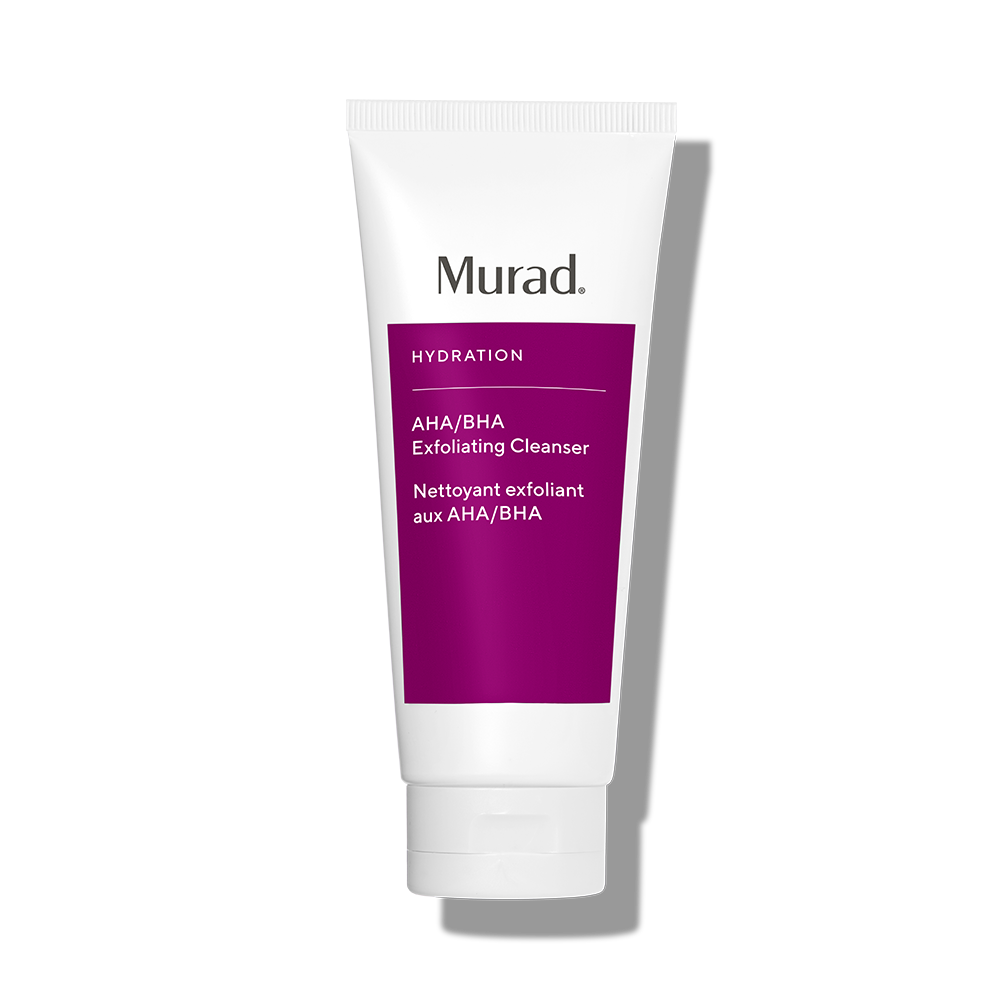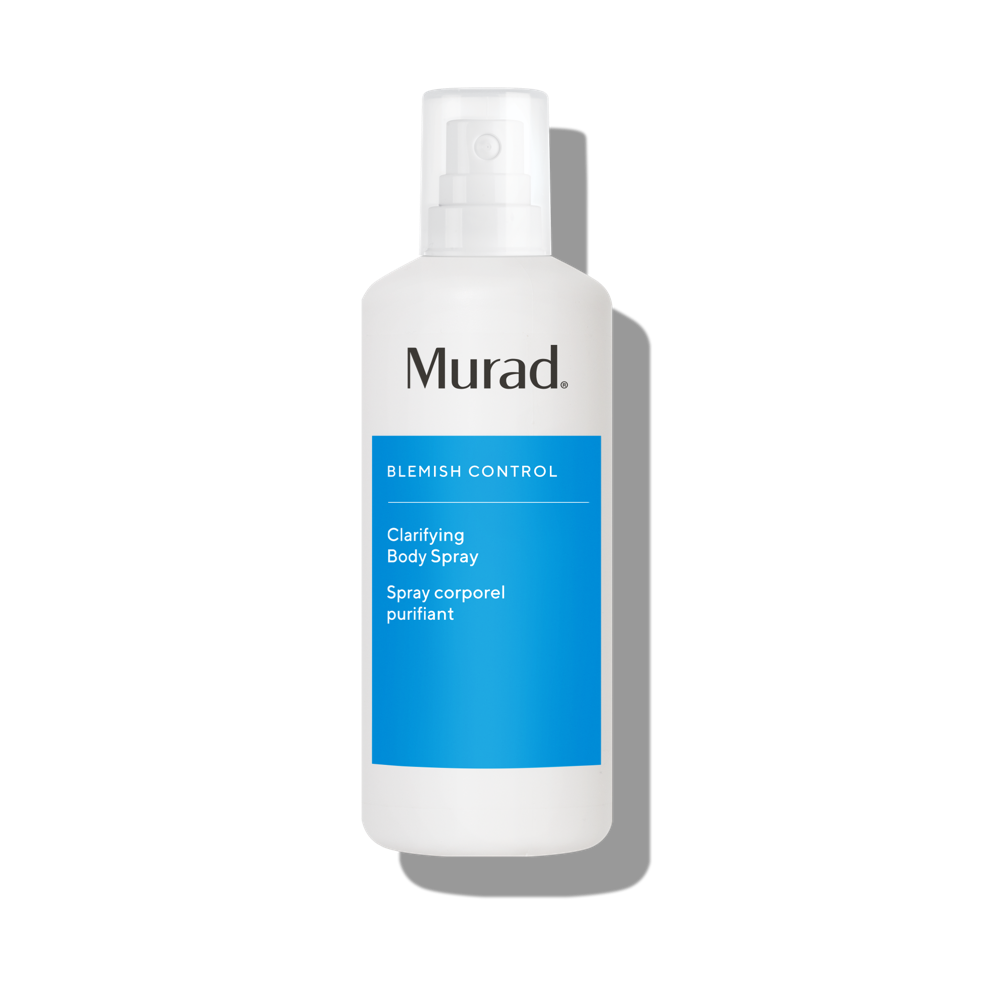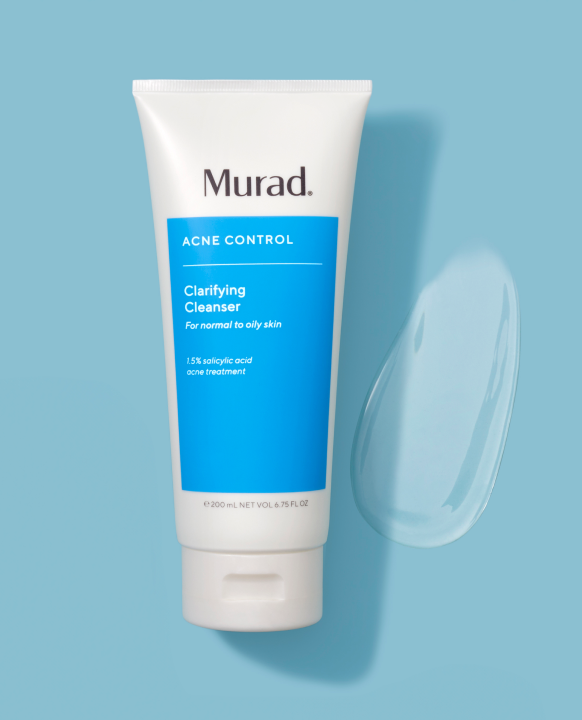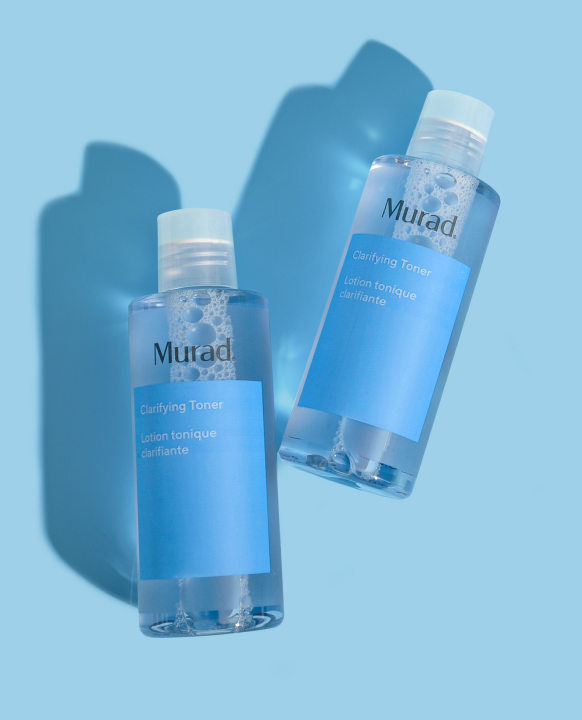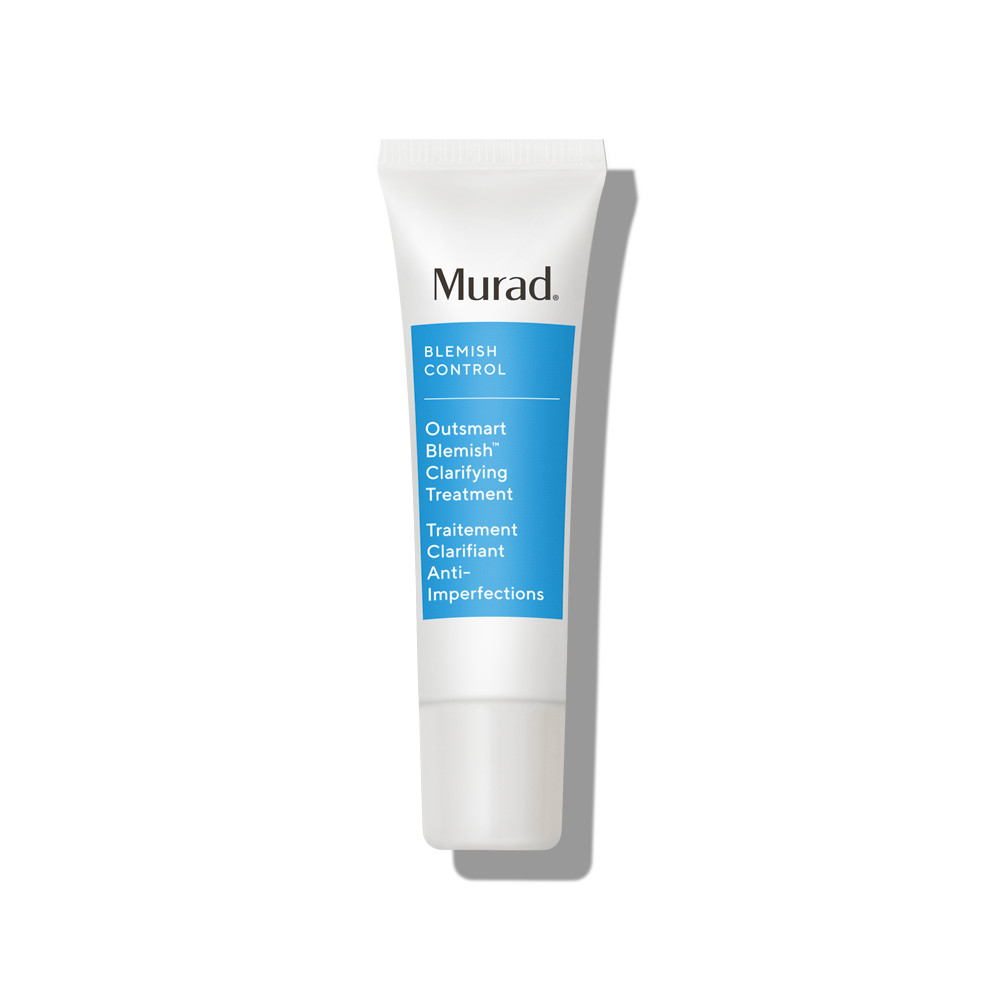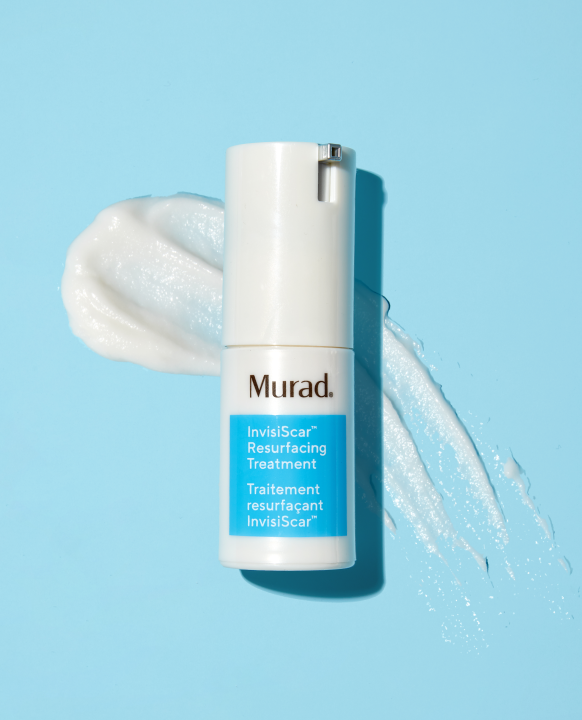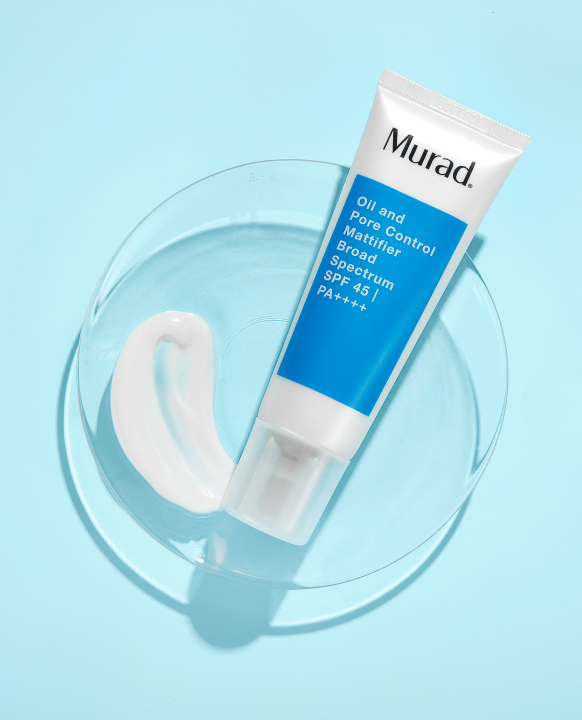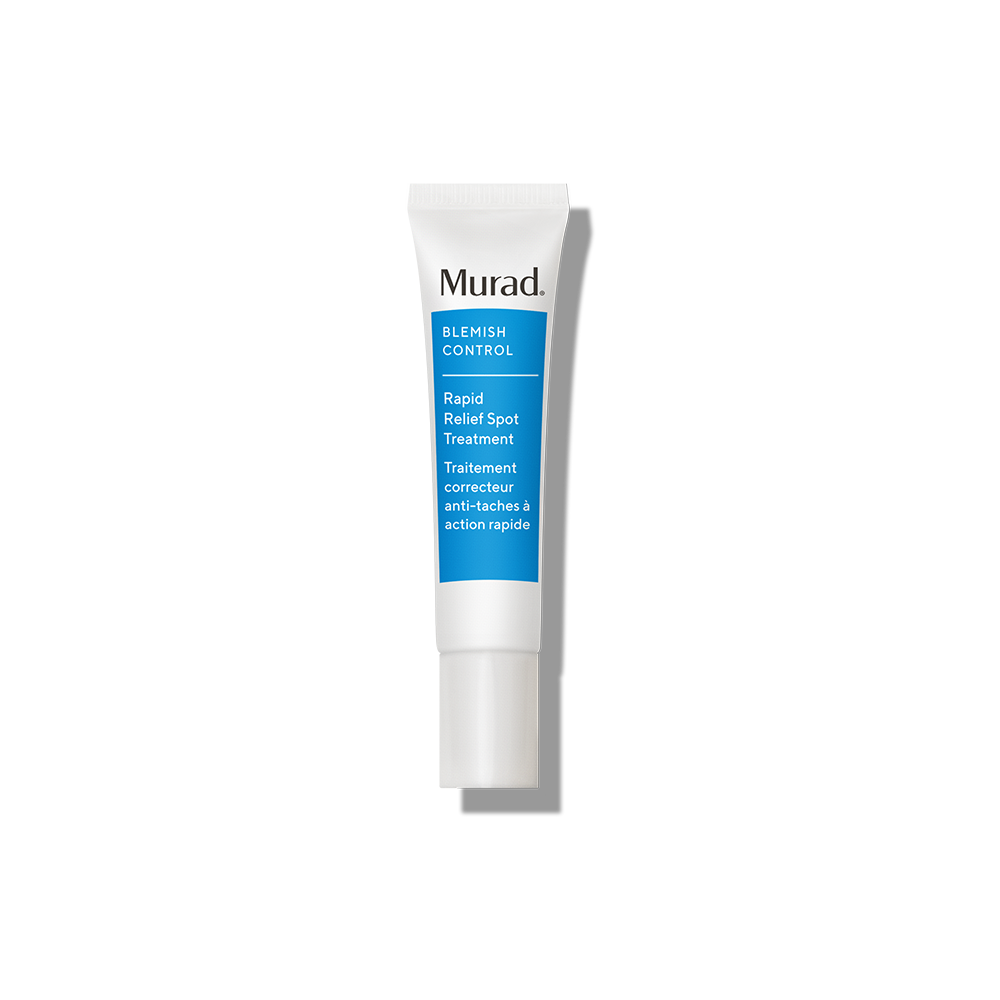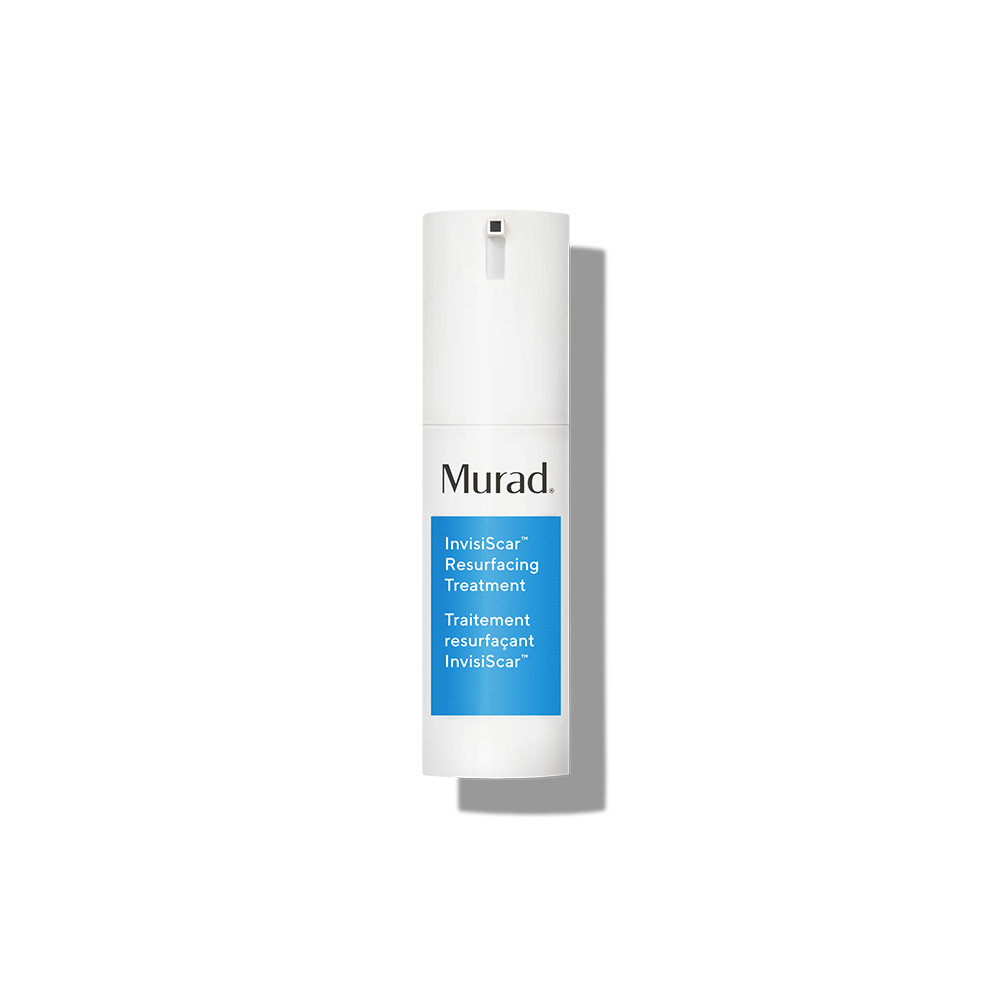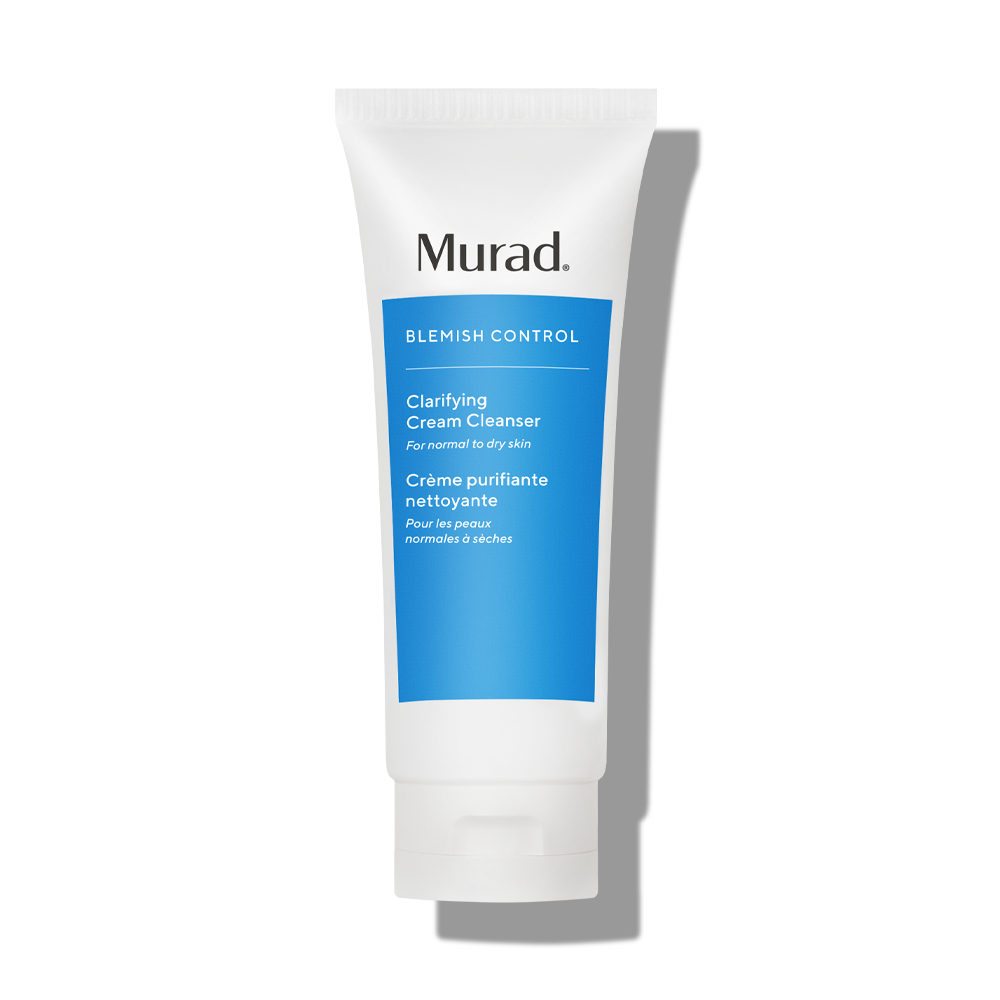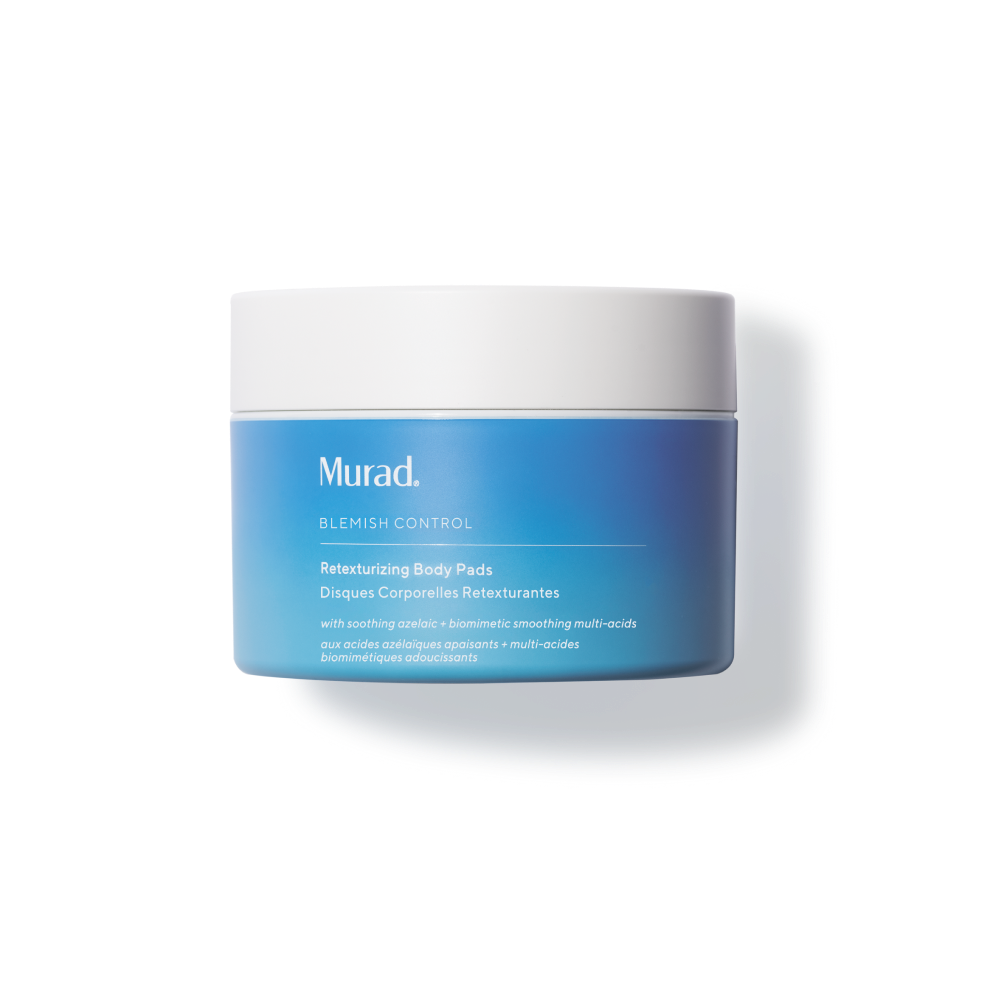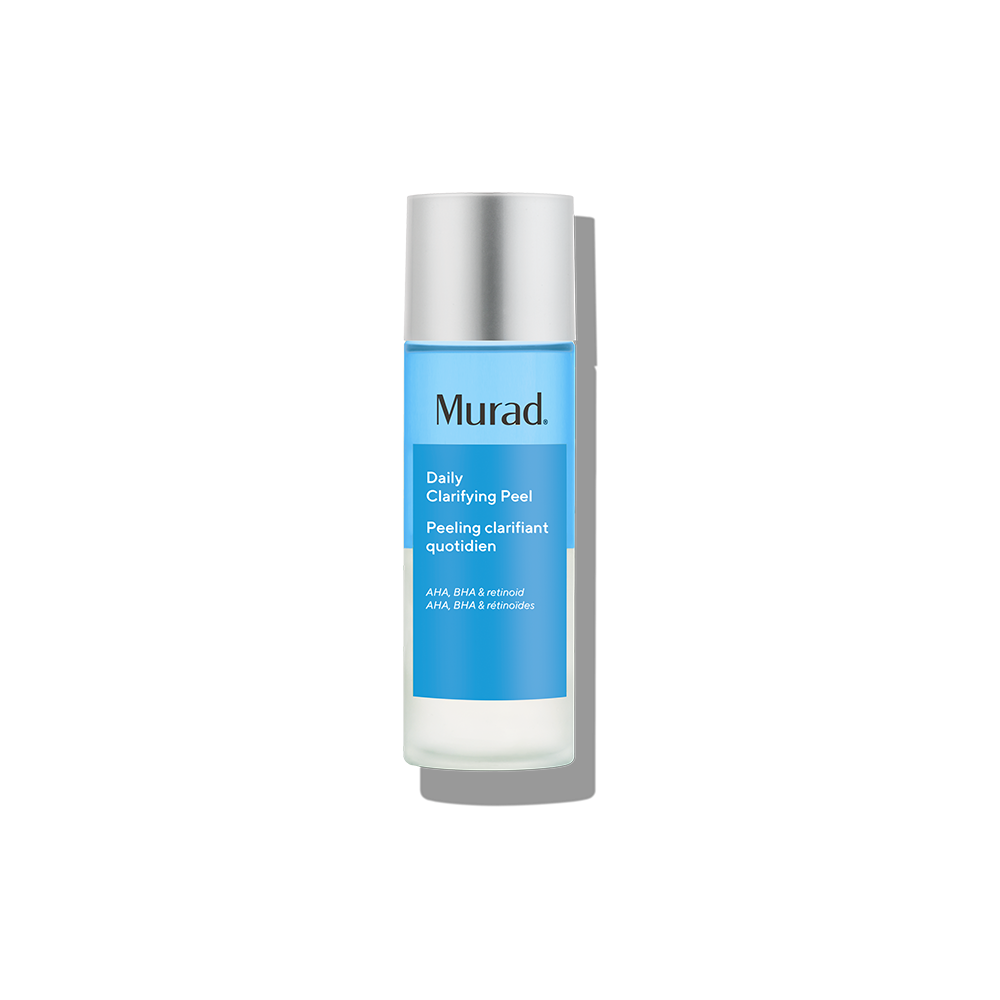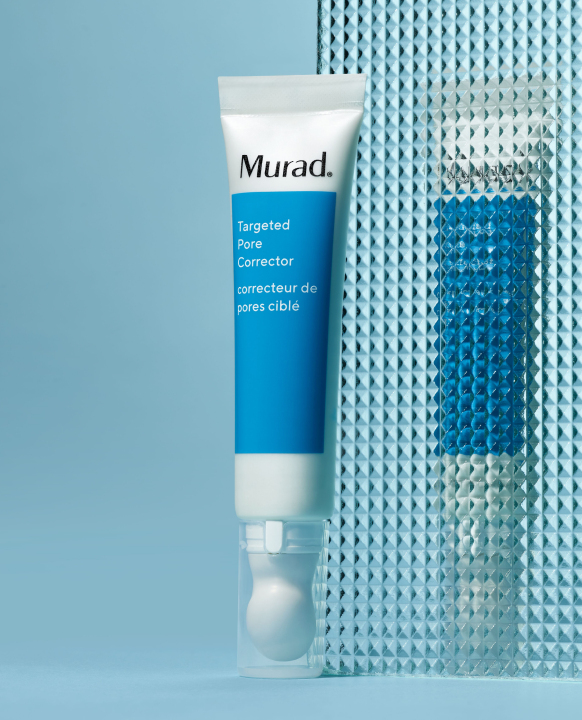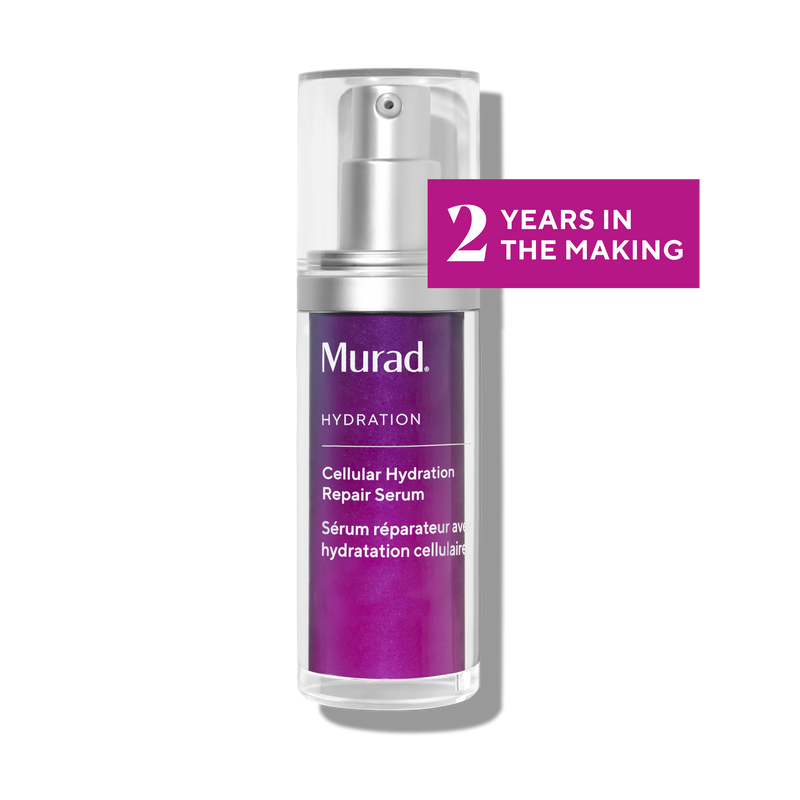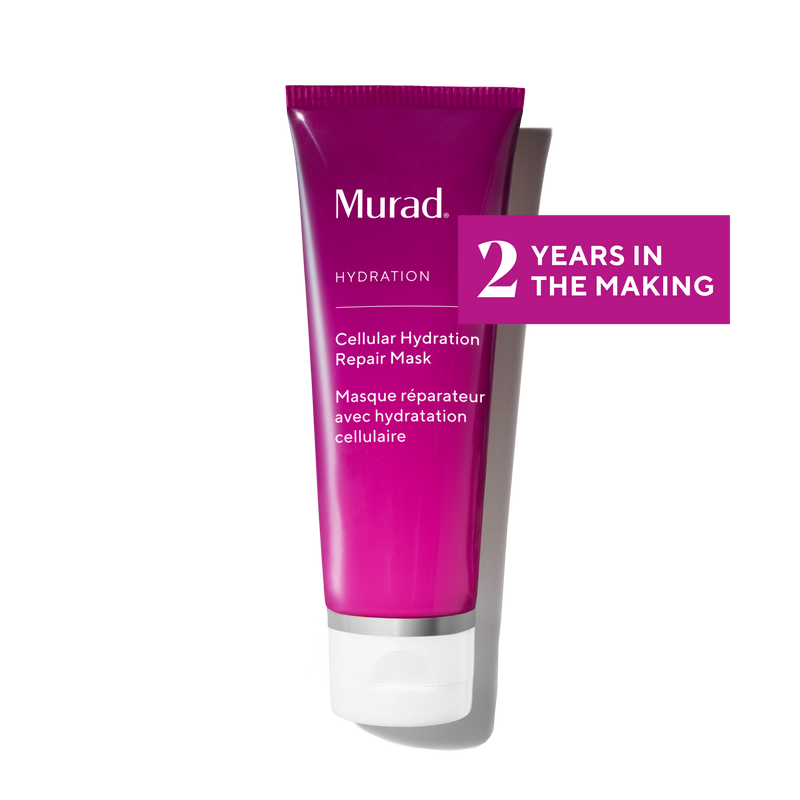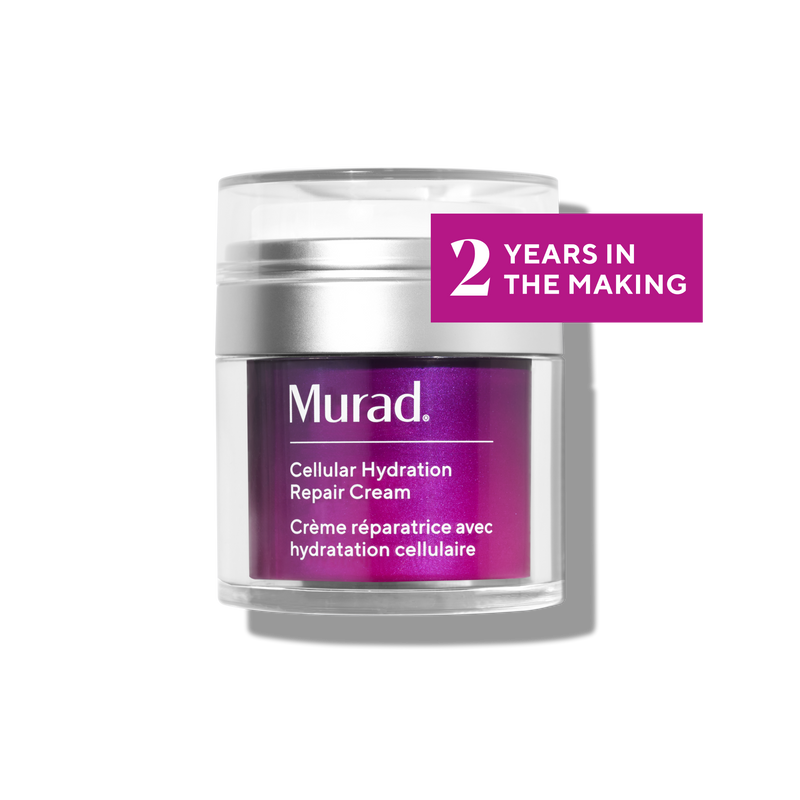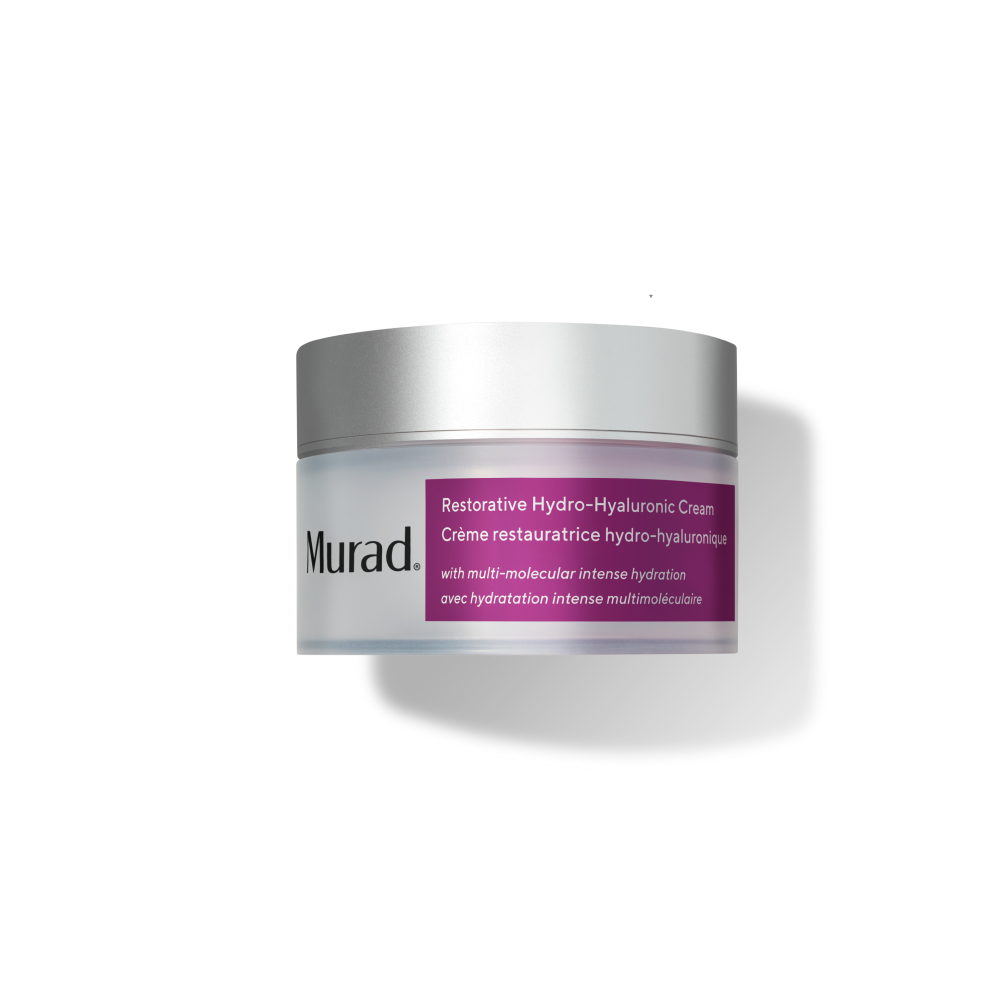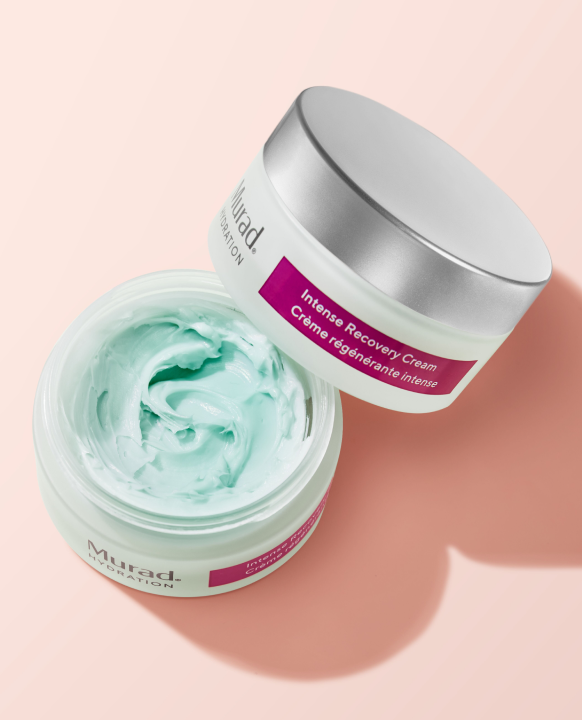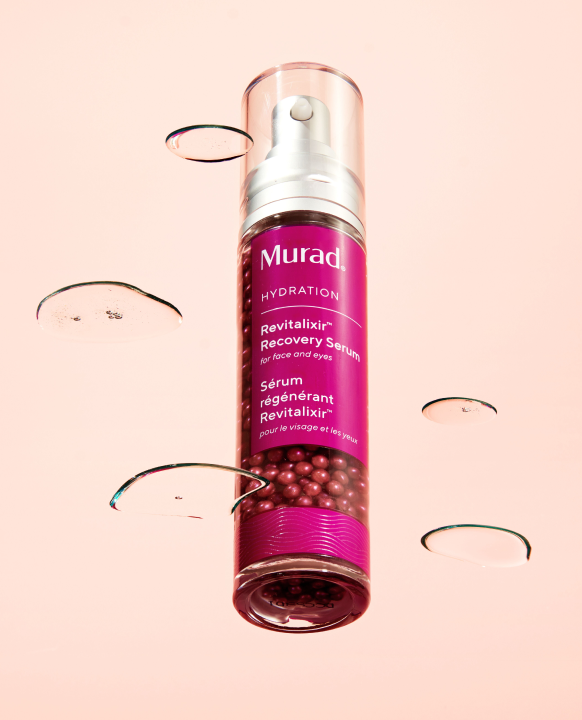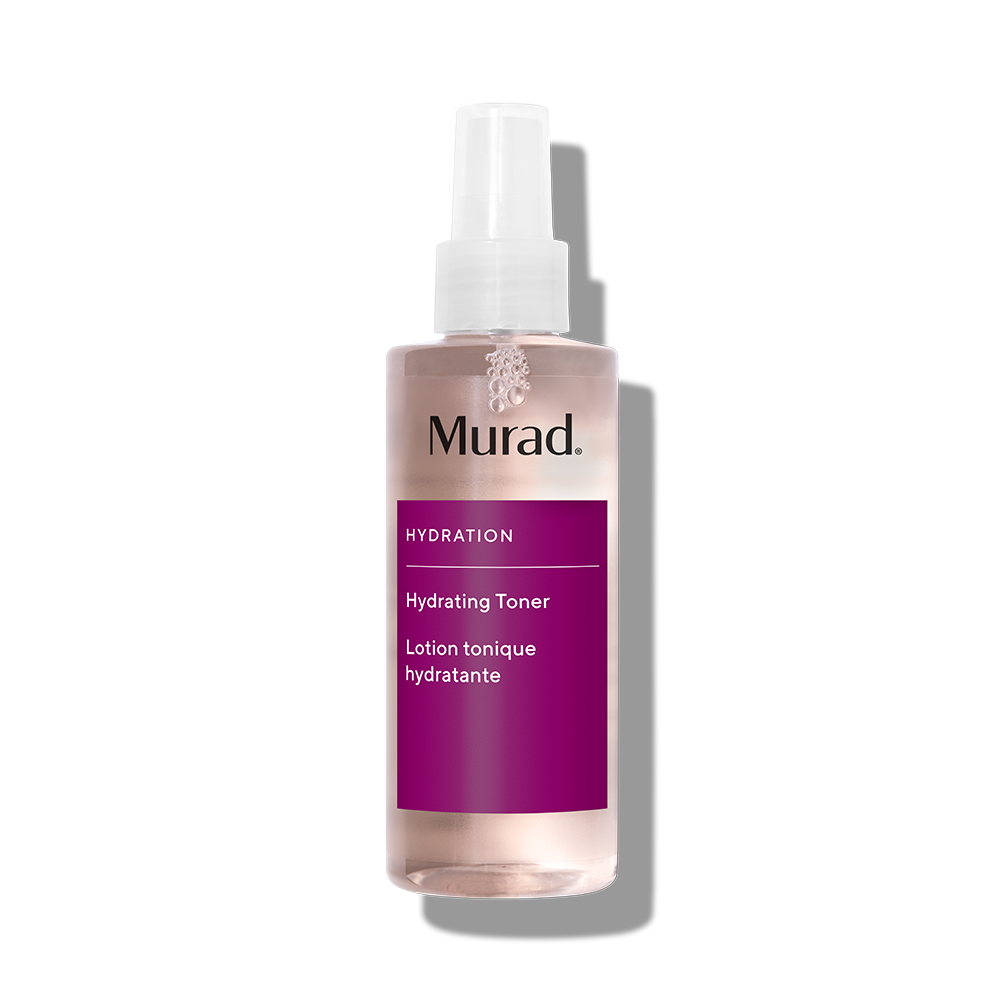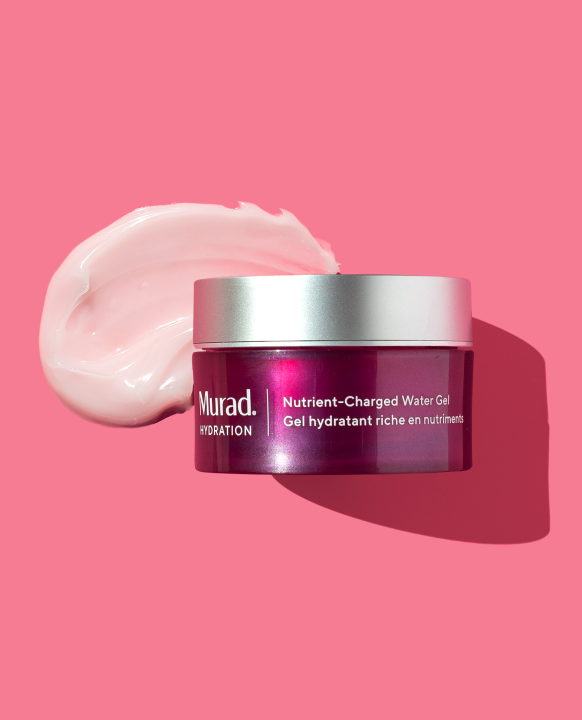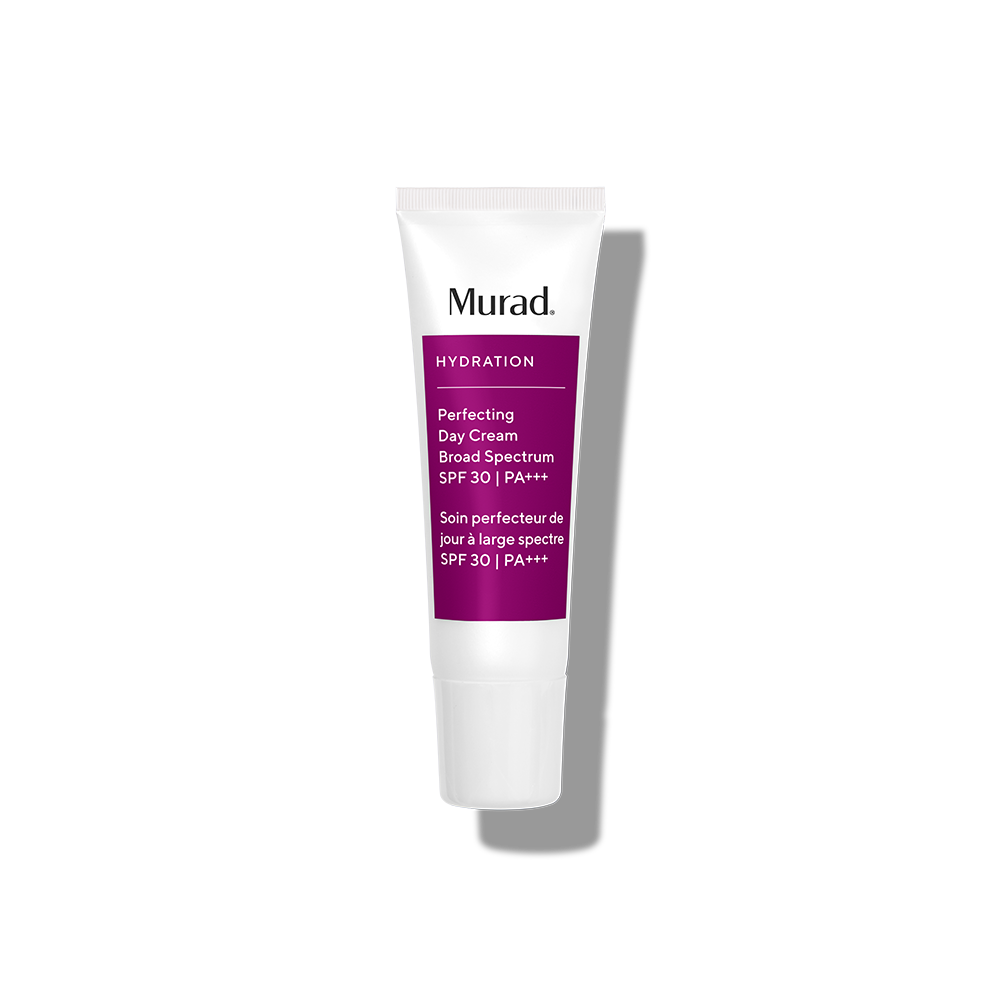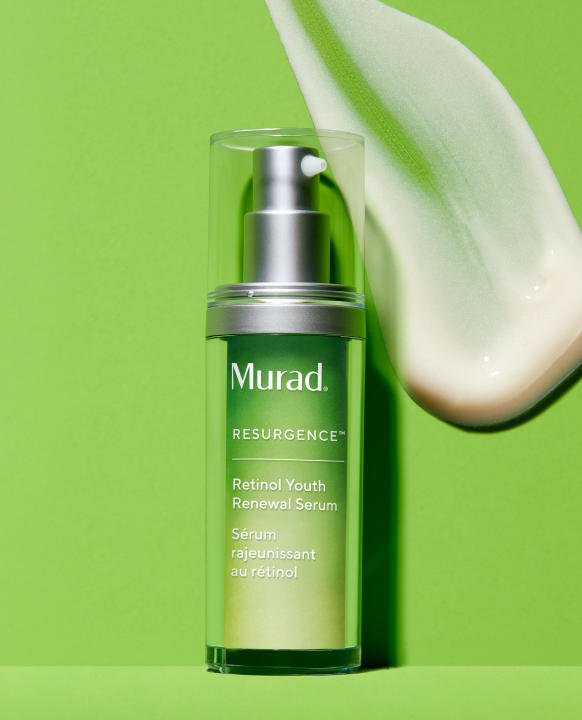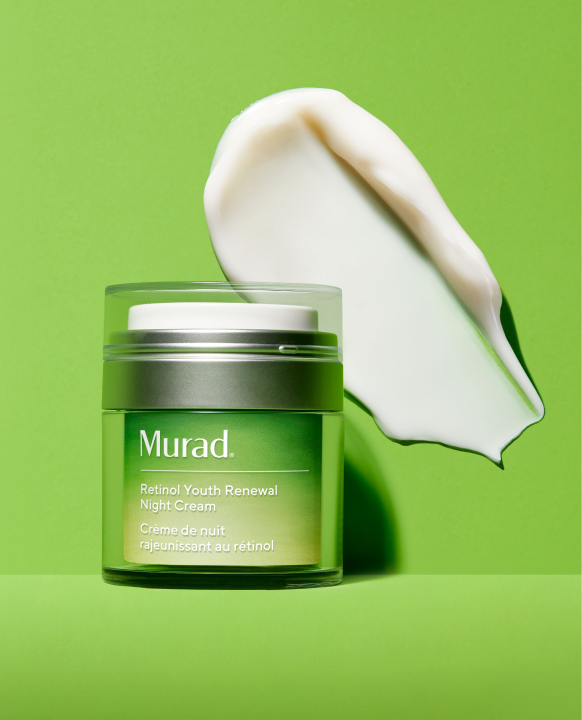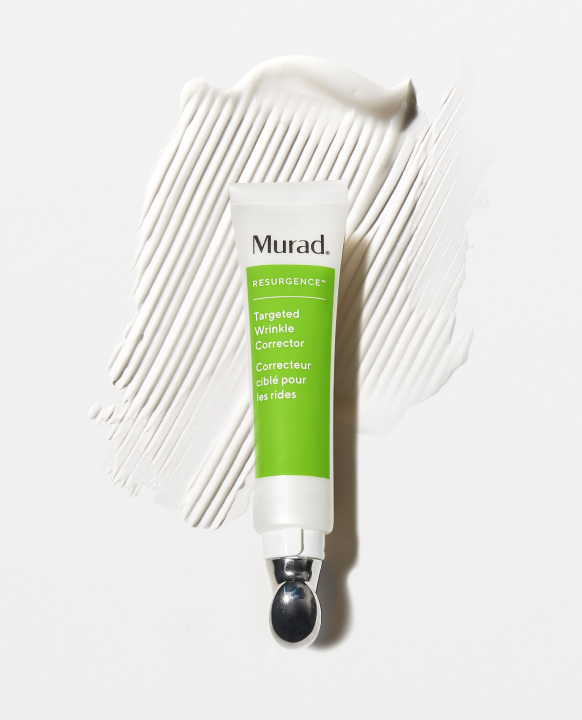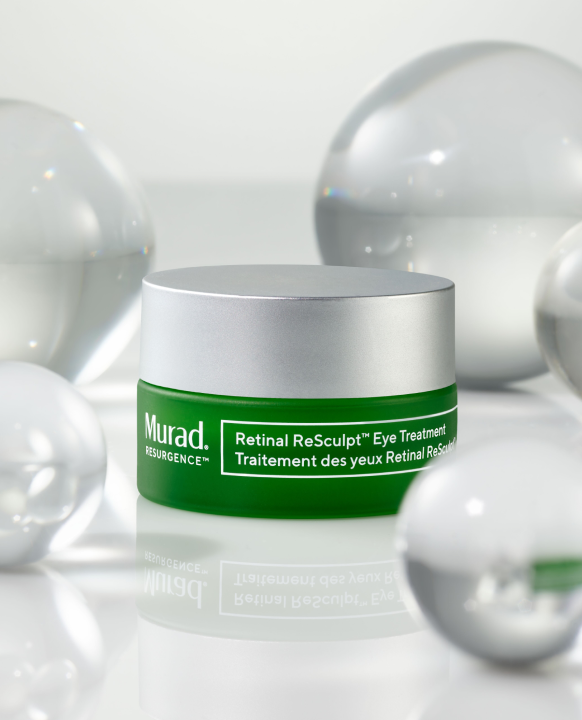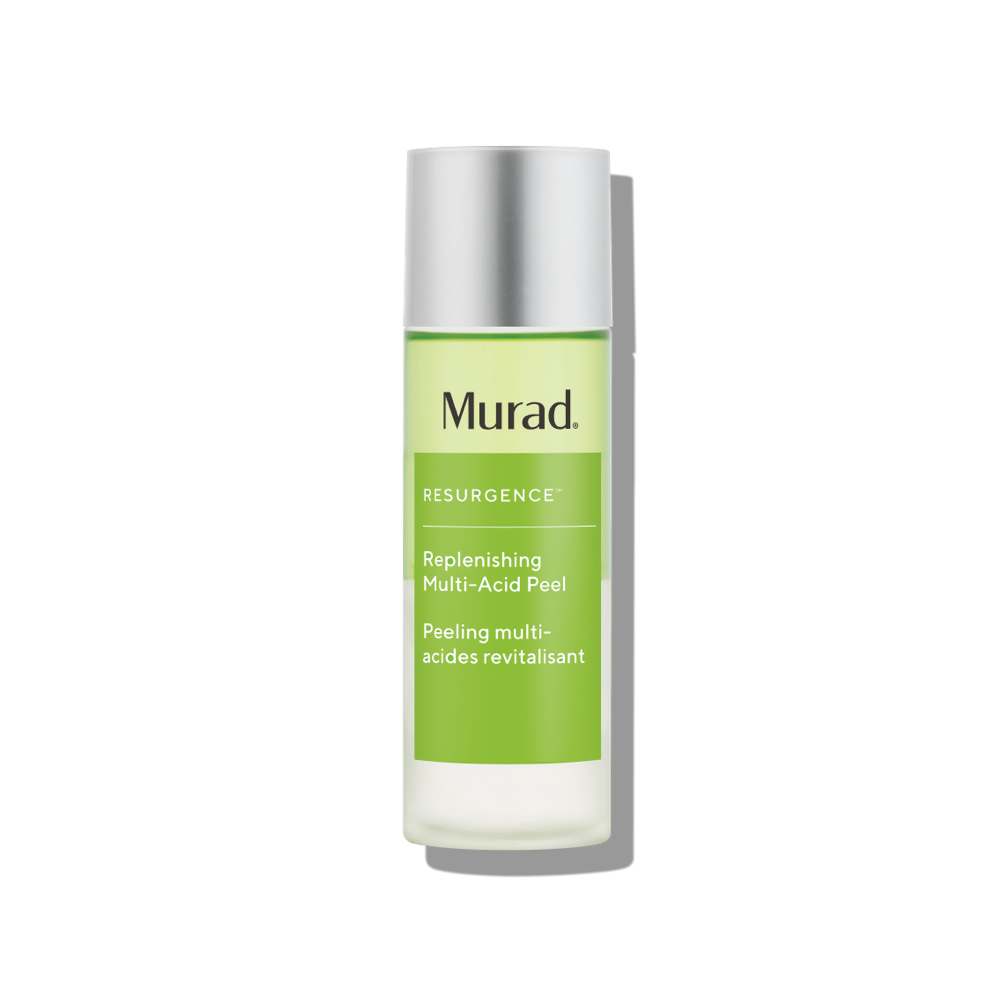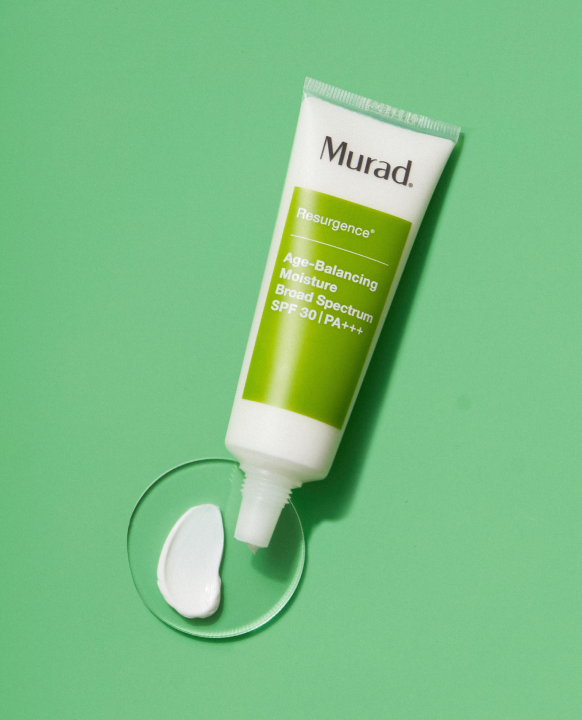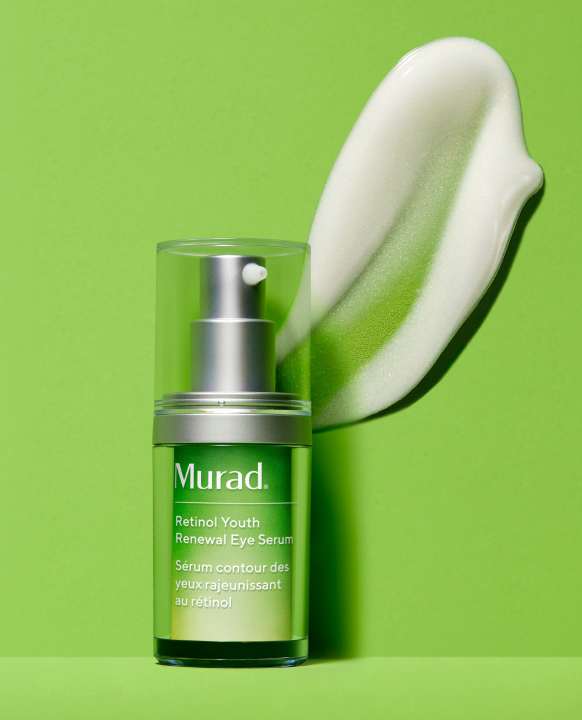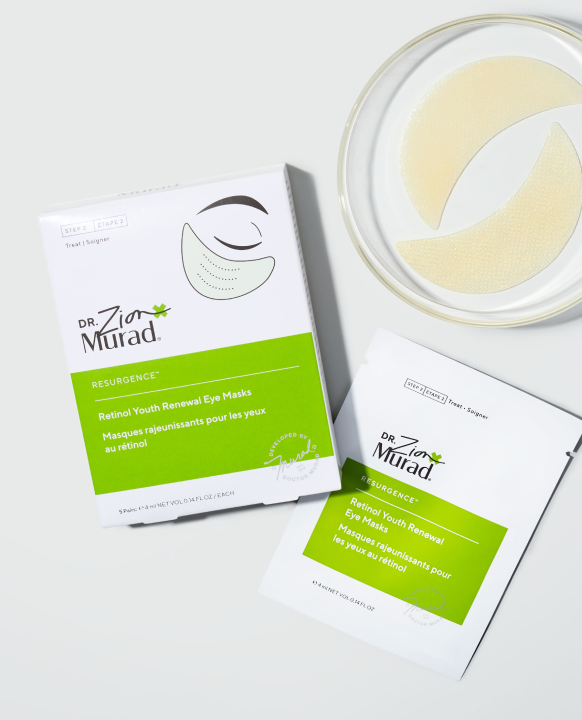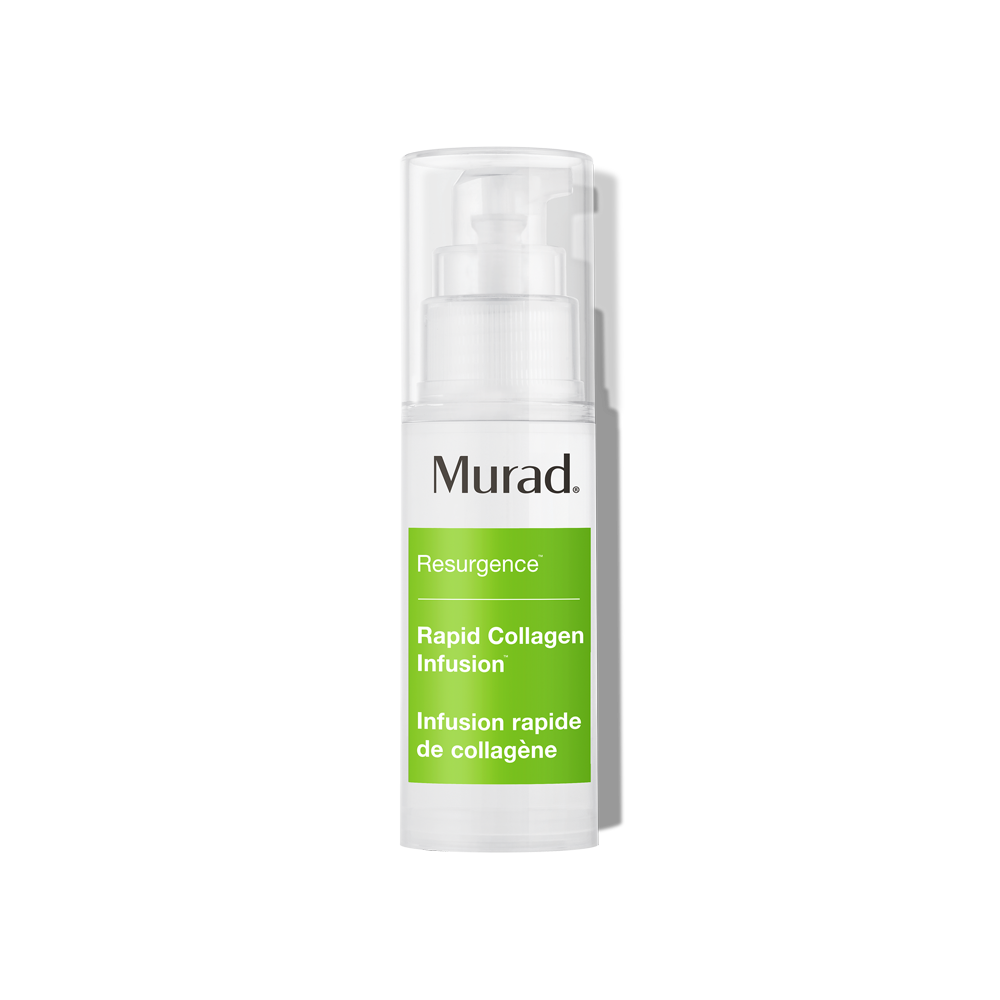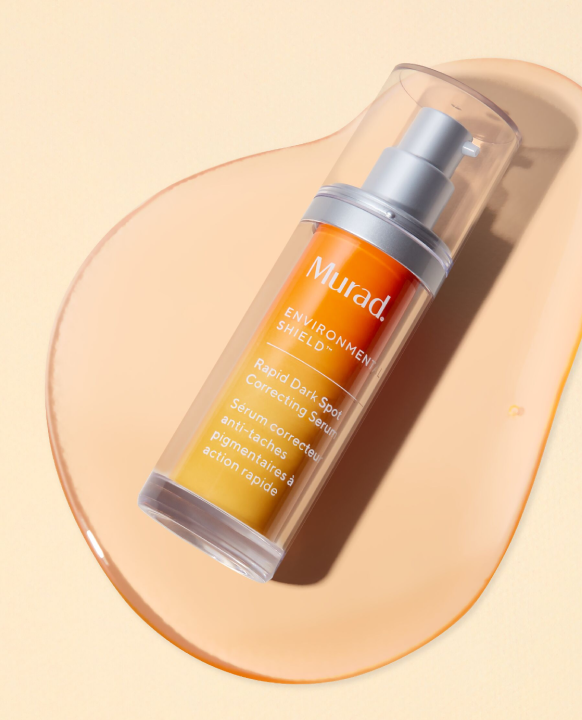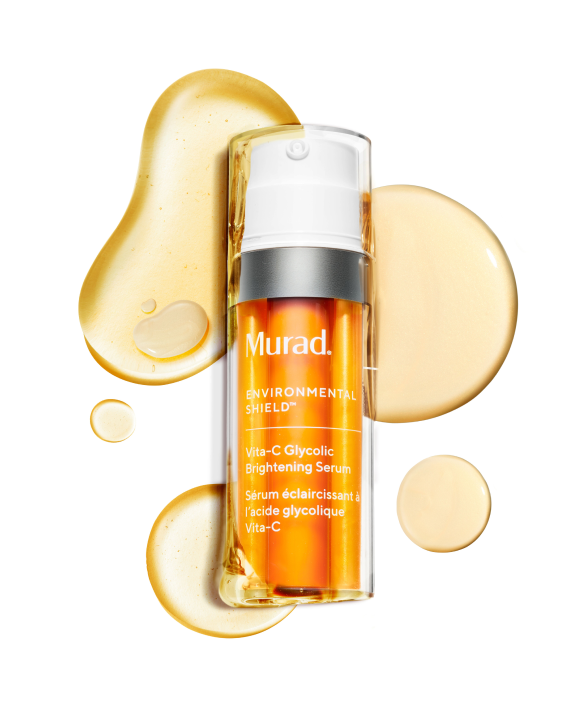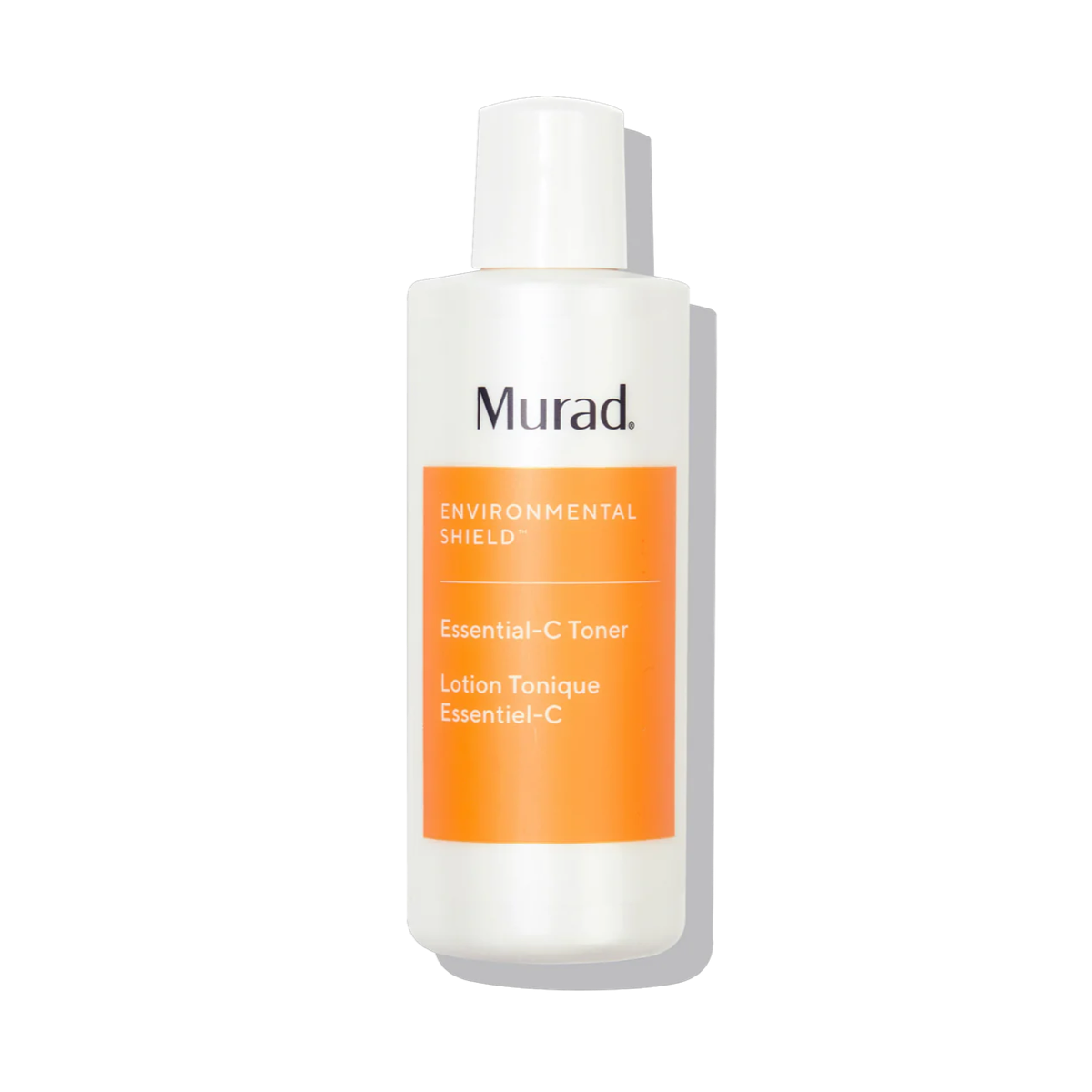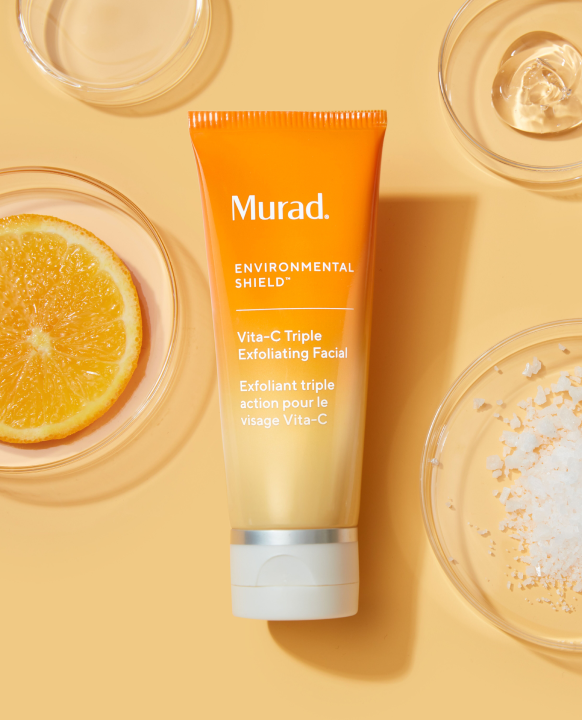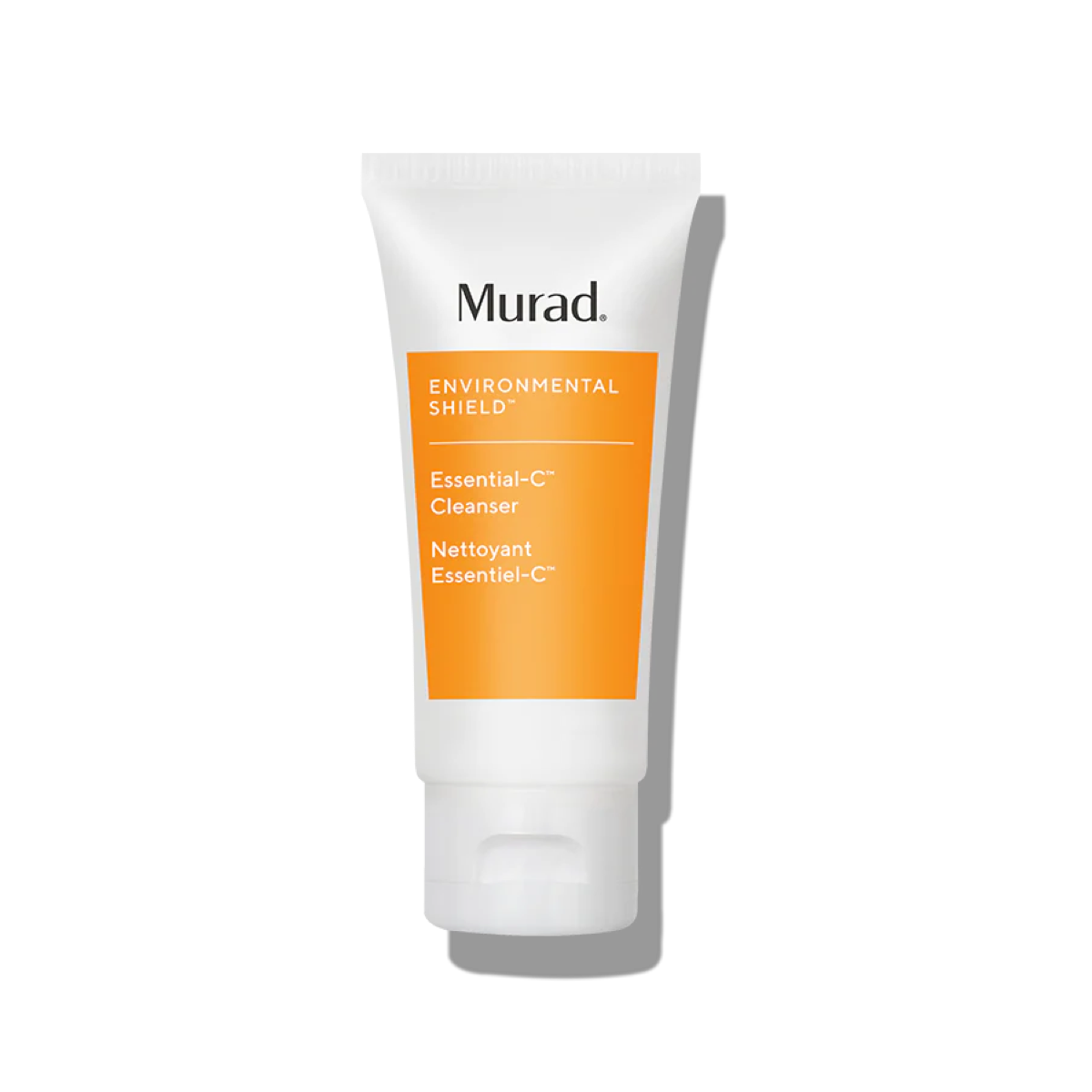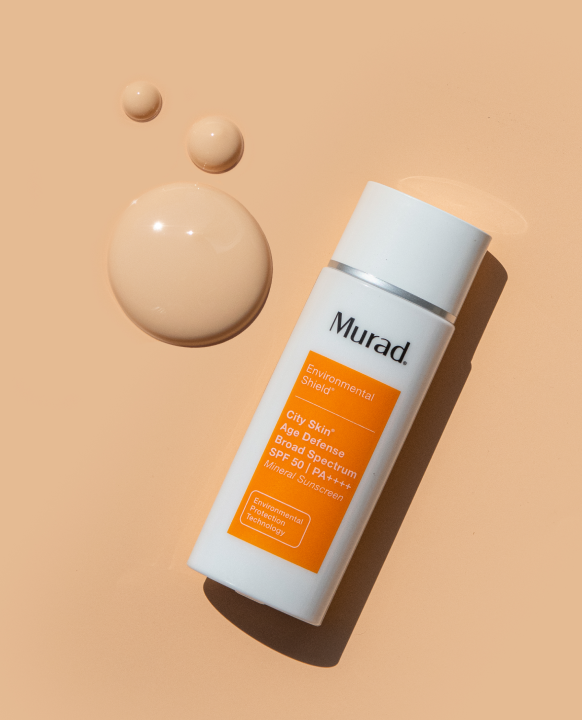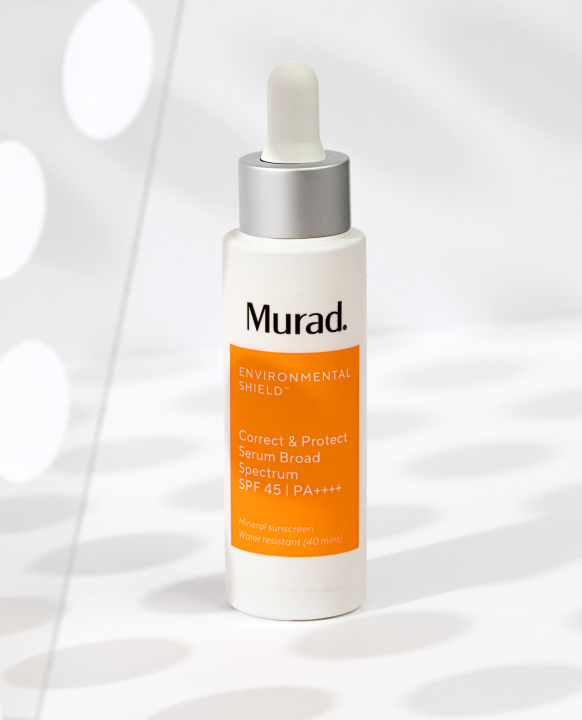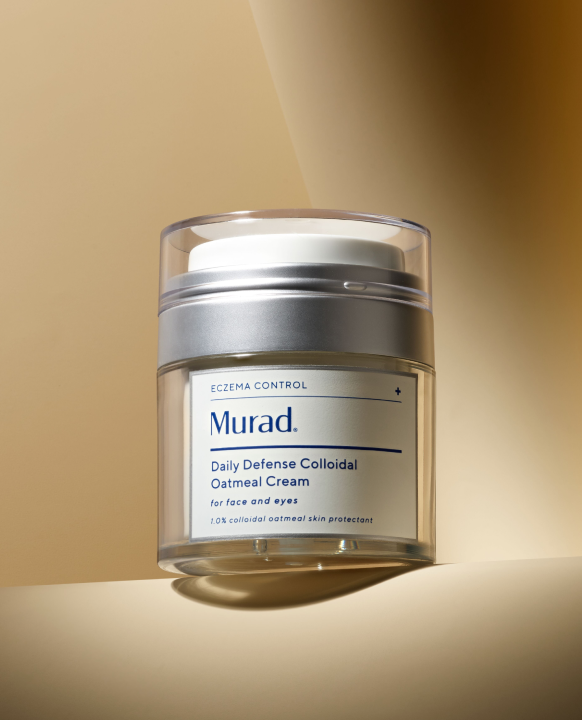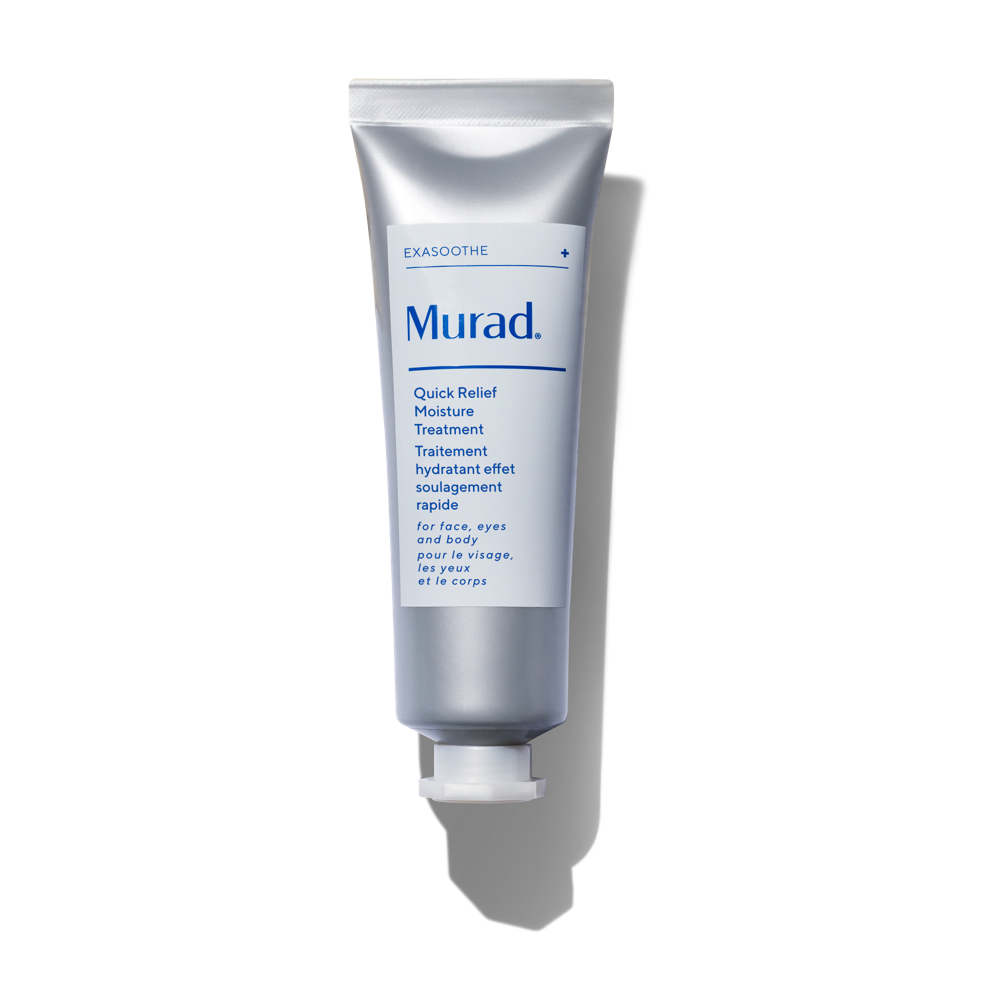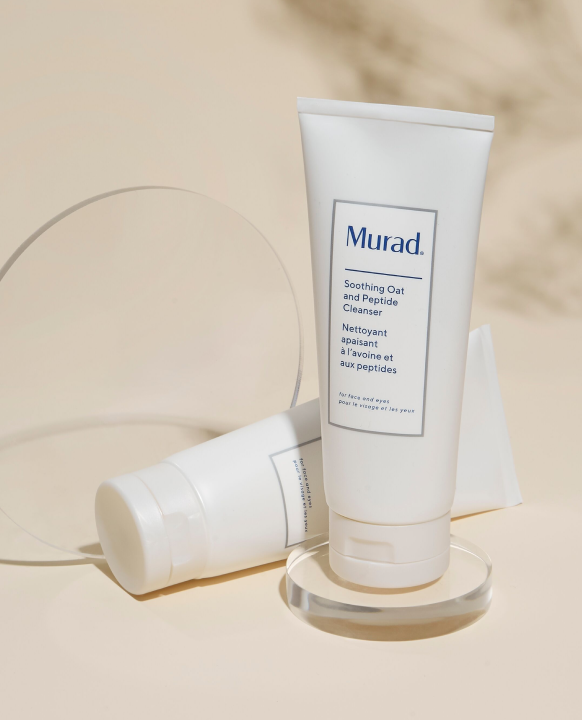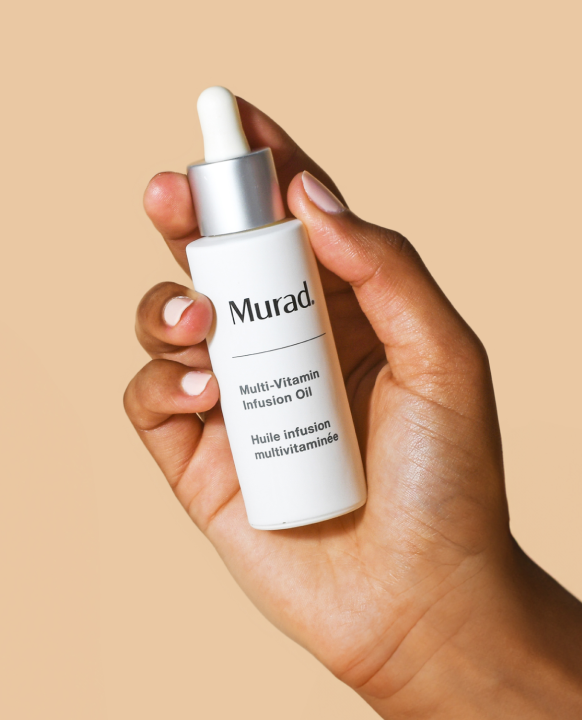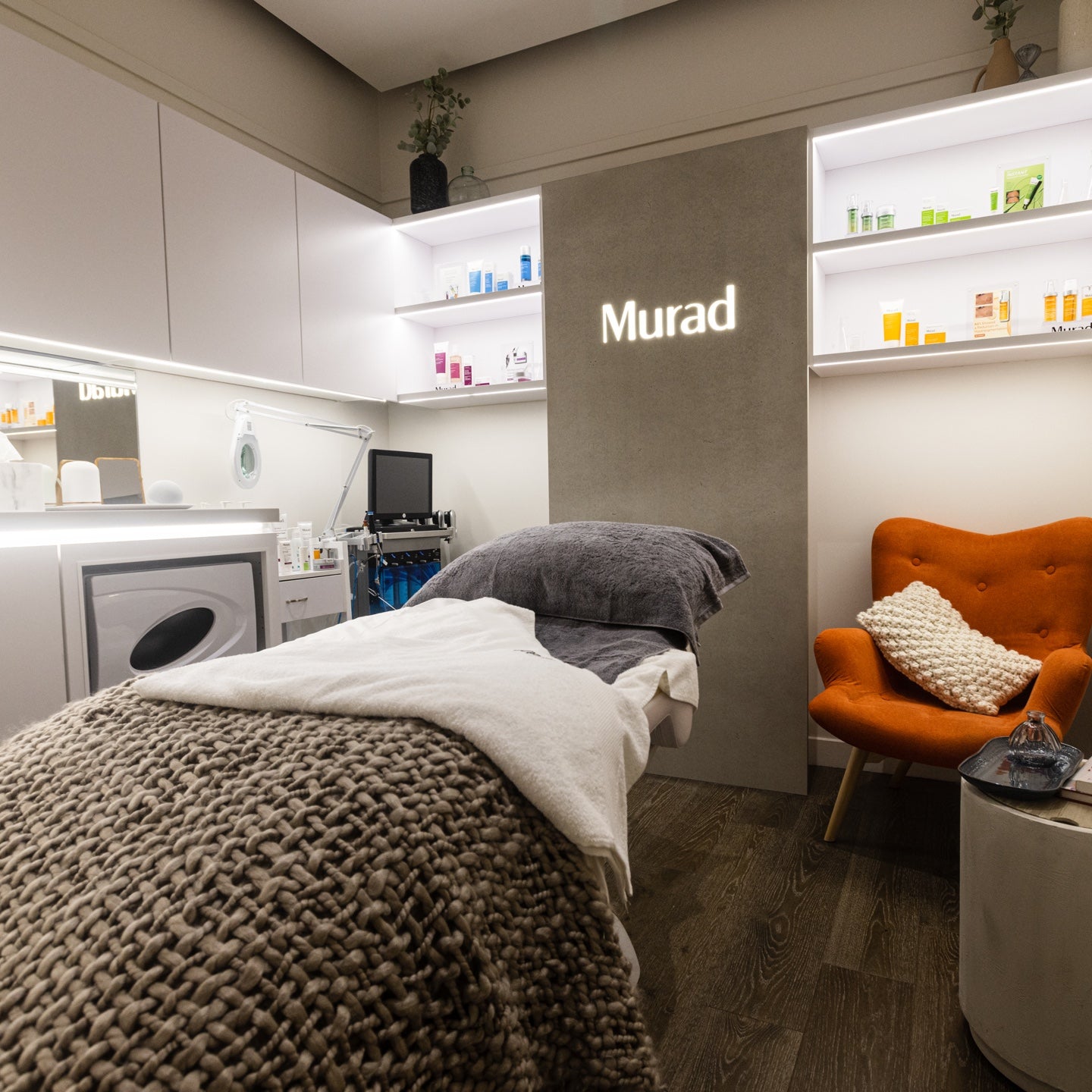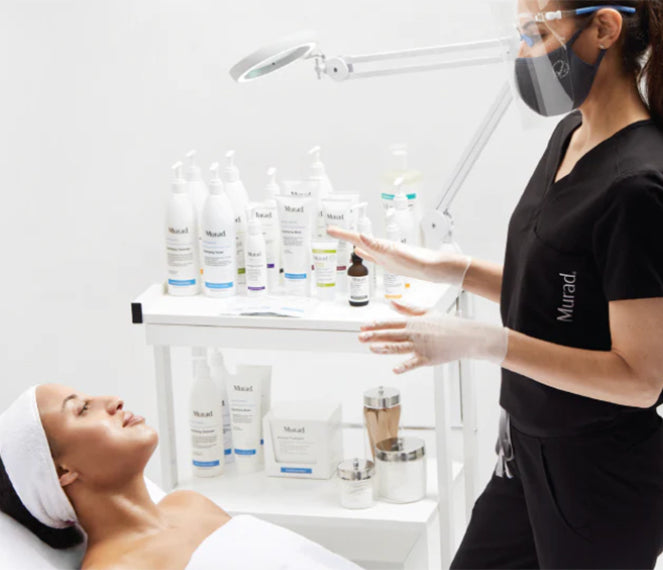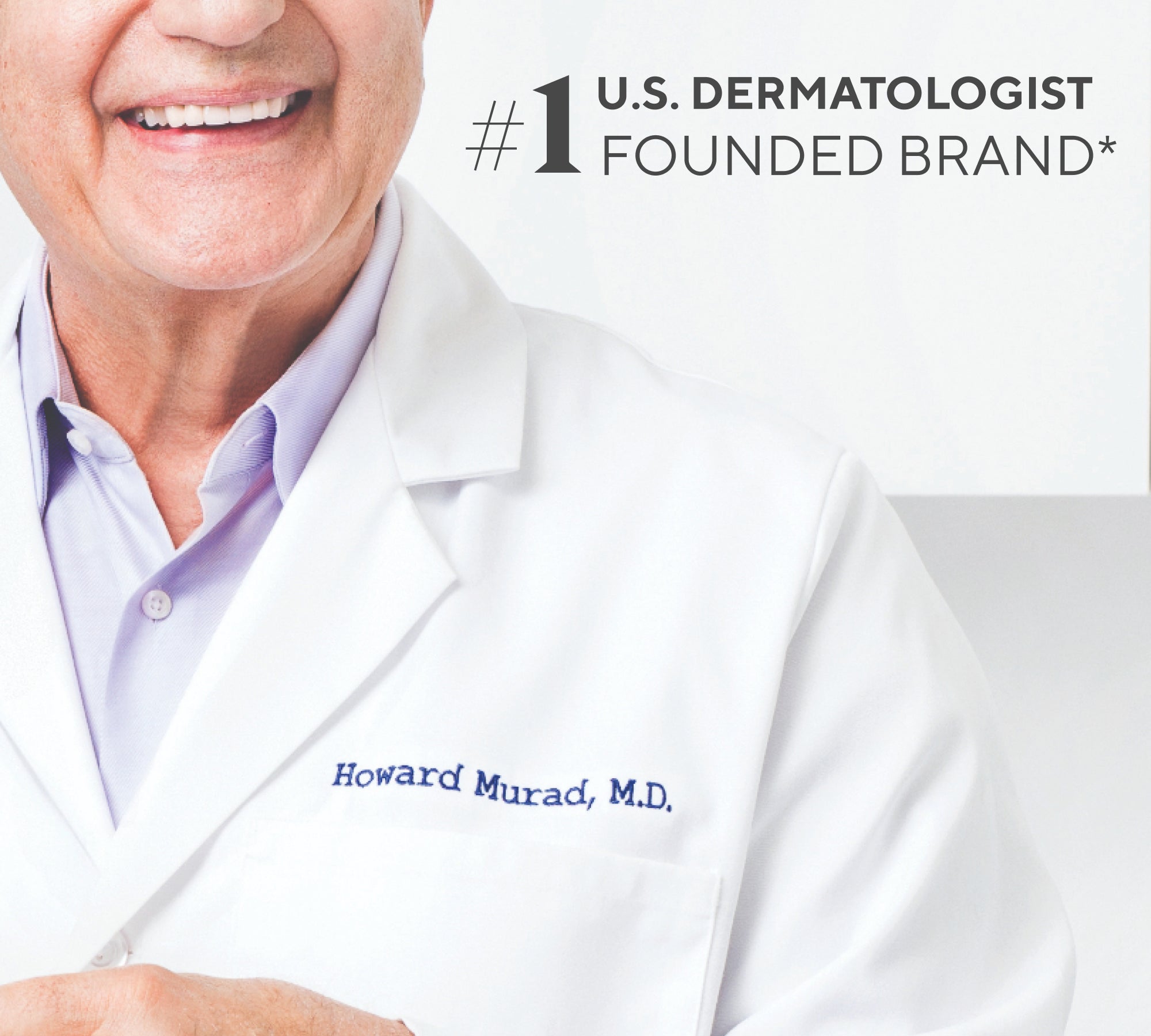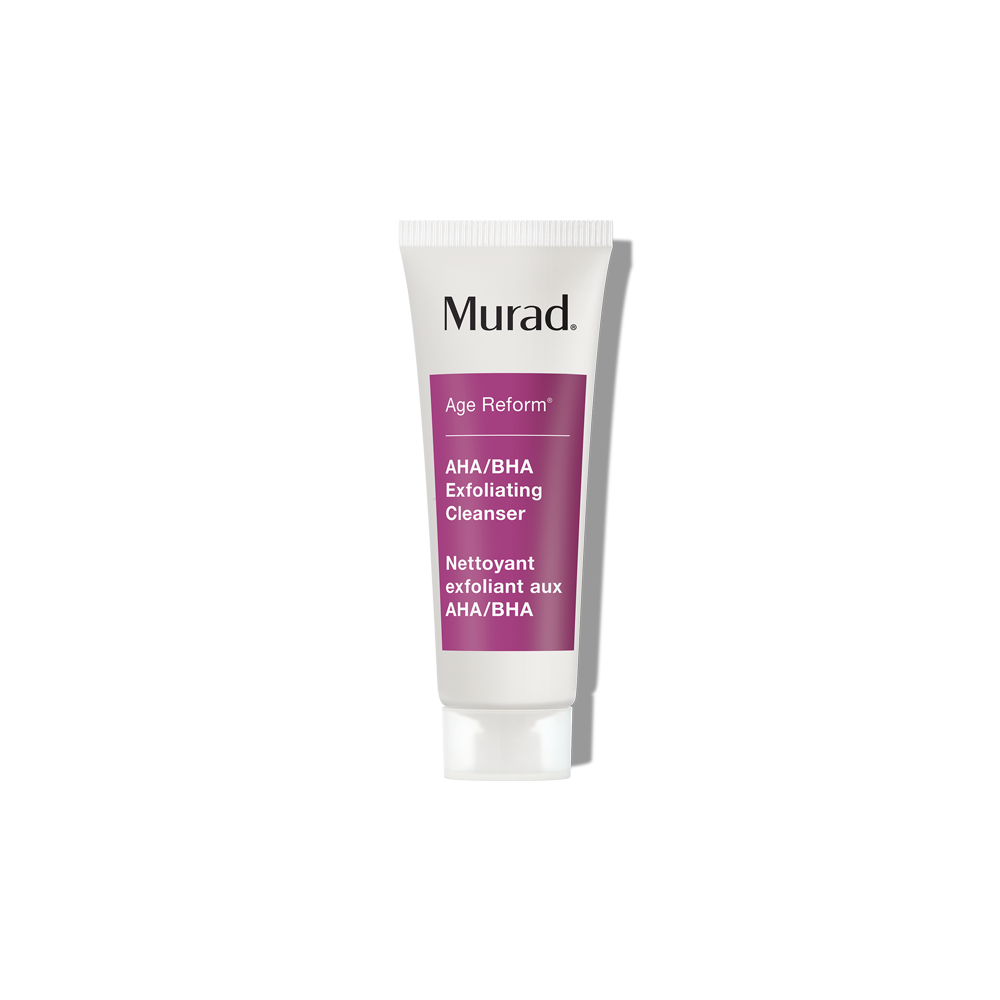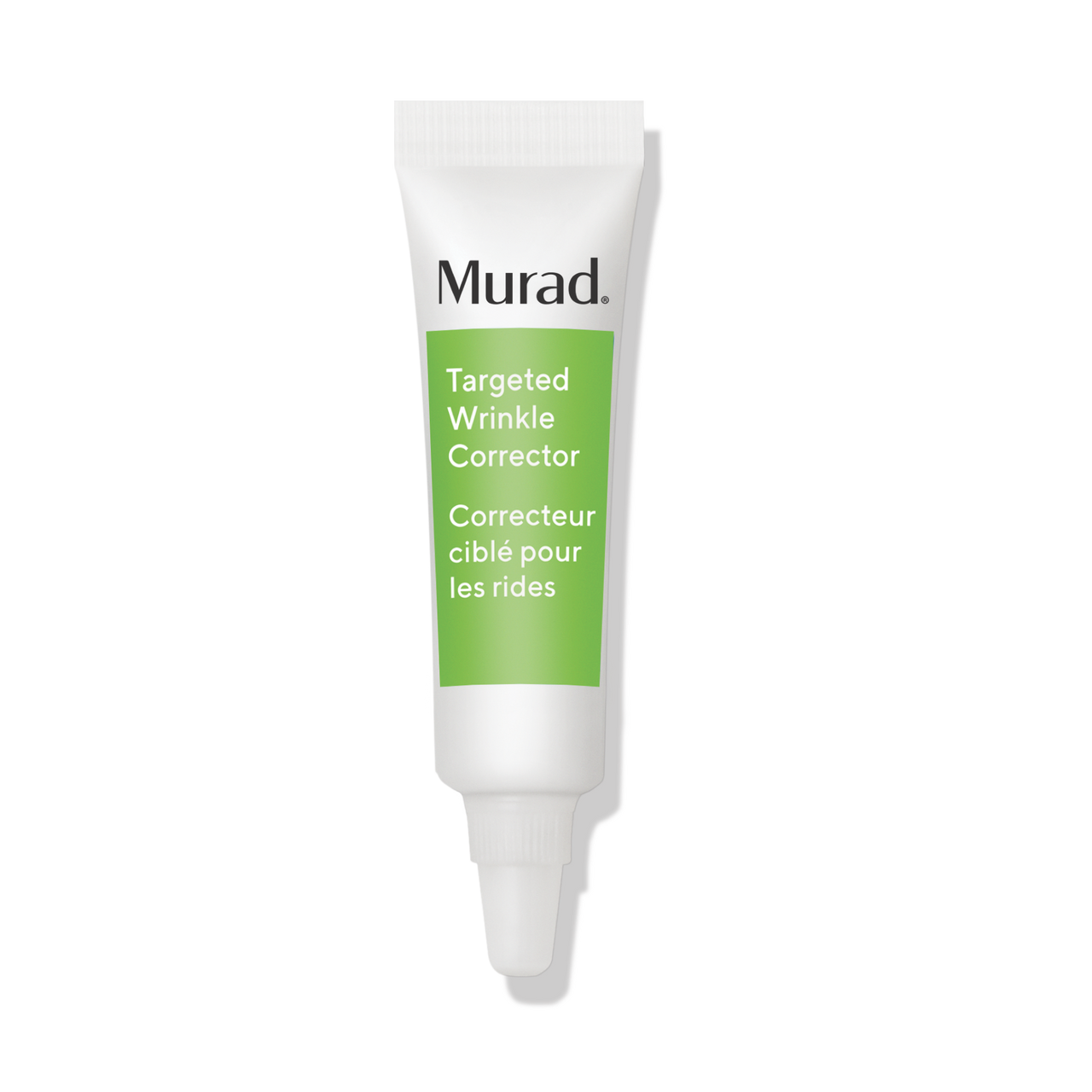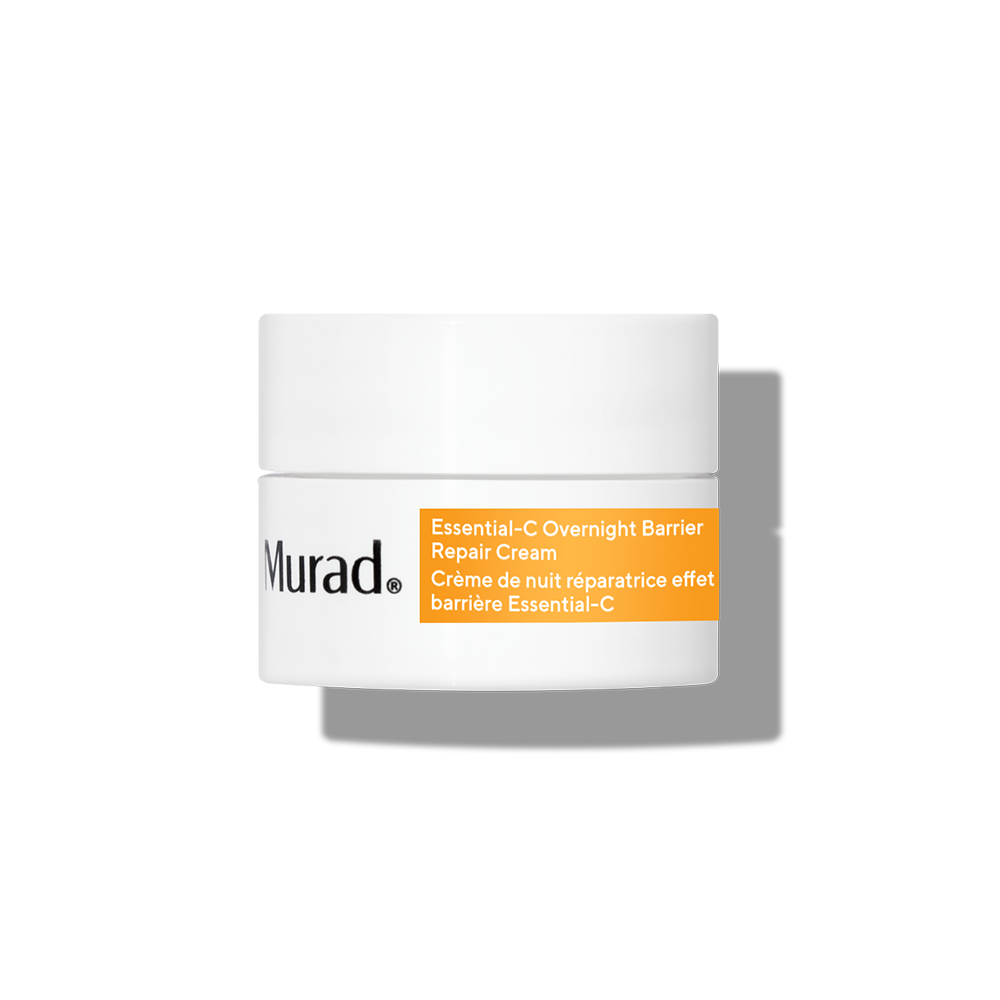Retinol myths: Debunking common misconceptions and revealing the facts
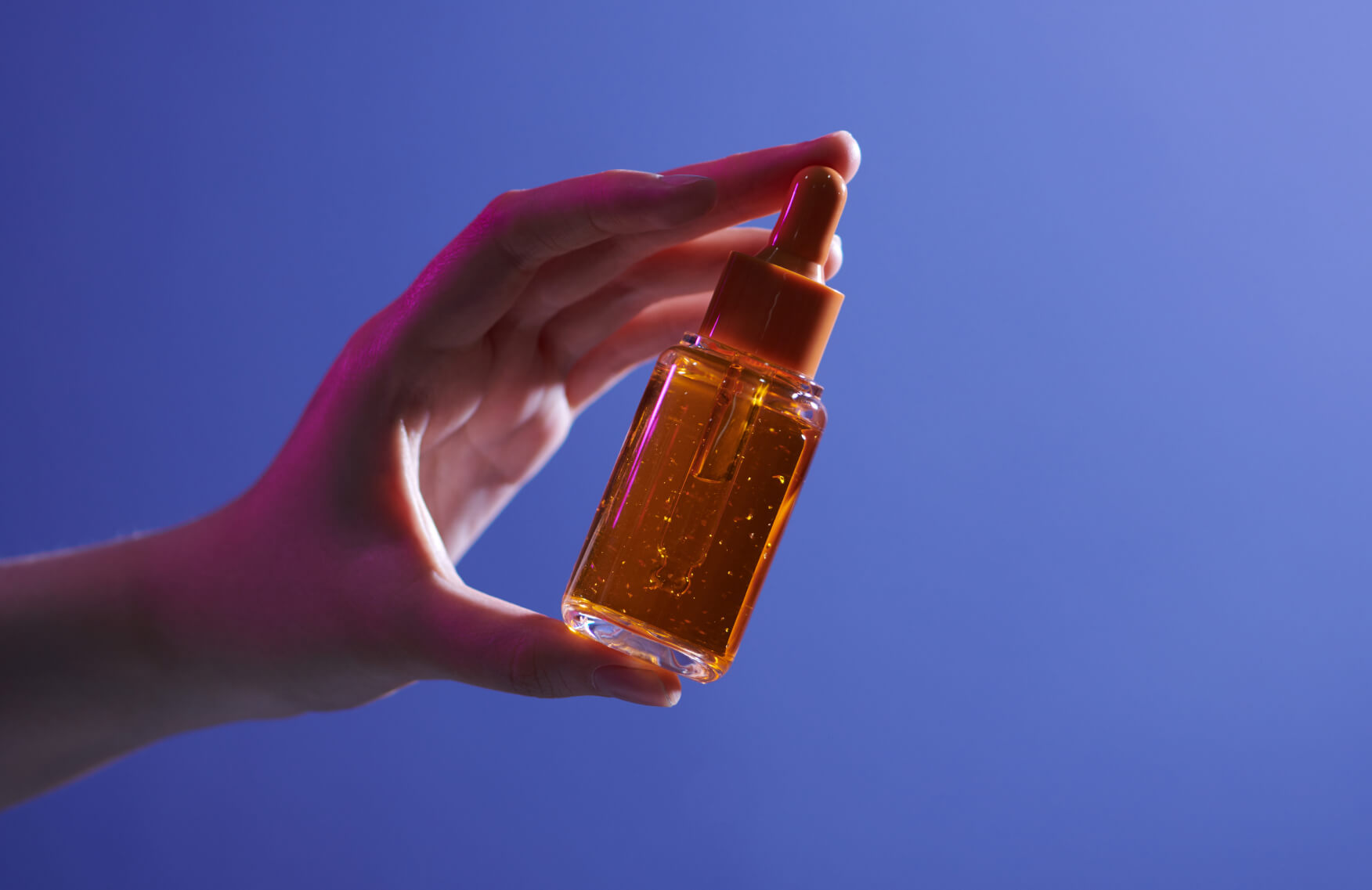
Retinol. Whether you’re a tried-and-true stan or never touched the stuff, the ingredient is so mired in myths that it’s hard to know what is the truth. Common questions like, “What does retinol face cream do for your skin?” have sparked many retinol myths that can give this powerful anti-aging ingredient a bad rap.
Retinoid products have been shown to benefit the skin in several ways, especially when it comes to restoring a more youthful look. If you’re curious about the different types available and what might be best for you, it’s important to understand the distinctions, such as retinal vs retinol, two common forms of retinoids. At the same time, myths about retinol and other retinoid products continue to muddy the waters, making it hard to separate fact from fiction. Are retinoids bad for you? Or has misinformation taken a strong foothold in the story of a truly useful product? Let’s dig in.
What are retinoids? An introduction
In the simplest terms, retinoid products are vitamin A derivatives. They absorb into the skin at different speeds. These products garner attention for their ability to minimize the appearance of fine lines and return a youthful-looking glow and firmness to the skin.
There are many different types of retinoids, but two of the most common are retinol and retinal. Retinol products take longer to work, but they are a gentle version of retinoids. Retinal products are stronger, though they still sit below prescription-grade retinoids. They’re known for showing faster results, but may irritate sensitive skin types.
The science of retinoids: How they benefit skin
Retinoids work by encouraging cell turnover, which allows the new, healthy-looking skin below your surface-level skin cells to shine through. Because of this, the skin may also enjoy improved firmness, skin tone and a reduction in the appearance of fine lines. The benefits of retinoids extend beyond just anti-aging, as they can also improve the overall health and texture of the skin.
Common myths about retinol, debunked
Unfortunately, as with any popular product, retinol myths are common. As more products focused on the scientifically backed benefits of retinoids, more detractors began to state potential and alleged downsides to their use. Many of these myths, in fact, are not rooted in research, but simply became accepted with enough repetition.
Debunking these myths can help you understand the true potential of retinol and retinal products. It can also help you decide which warnings to heed and which to discard.
Myth: Retinoids can’t be used on eyes
Retinol products do have potential value for use around the eye area, especially when it comes to brightening dark bags or improving the appearance of dull, tired skin. Currently, topical retinol products are considered safe for use around the eyes. However, they can contribute to dry eye disease and other forms of dryness-related complications, so it’s important to use them carefully or with the guidance of a dermatologist.
Eye skin is also thinner and more sensitive than other skin on the face, which means you may have reactions to retinoids used here even if you can use them elsewhere without any complications. This doesn’t mean that you can’t use retinoids around your eyes at all—it’s just something to keep in mind before giving them a try.
Can’t exfoliate and use retinols
Due to the more intense nature of some retinol products, some people believe that other abrasive skincare methods should not or could not be used in tandem with the ingredient. This led to people wondering: can you exfoliate and use retinol?
Fortunately, it’s perfectly fine to use both retinols and exfoliating products simultaneously. Doing so can improve the glowing appearance of your skin further by sloughing off dead skin cells. The key is choosing the exfoliation intensity that works best for your skin: one that’s gentle enough to keep your skin from drying out.
Myth: Avoid retinoids during daytime
One myth that exists about retinoids today is that you should avoid using them in the morning or during the daytime. This myth mostly came about because of retinoids’ ability to make your skin more sensitive to the sun.
While this sensitivity is a true caution, it is still possible to apply retinoids safely during the daytime. Retinoids can increase the skin’s sensitivity to UV rays and may contribute to the formation of sun rashes in certain people.
Can you use retinol in the morning at all, though? Yes—you can use products containing retinol or retinal at any time of the day or night. Just make sure to apply a broad-spectrum SPF along with your other skincare products every day.
Myth: Moisturizer can replace eye cream
The skin below the eye is, as mentioned before, thinner, more sensitive, and overall different compared to the skin elsewhere on your face. You can’t simply put moisturizer around your eyes and call it a day. You want a targeted product that can lock in moisture while minding the delicate nature of your eye skin.
Look for retinol or retinal products formulated specifically for under and around the eyes to target fine lines, wrinkles, and signs of aging directly around the eyes.
Myth: Retinol thins the skin
Retinoid products such as tretinoin have been shown to cause a thinning of the stratum corneum, which is part of what allows the product to penetrate more easily and create a smoother skin texture. This doesn’t create visible thinning of the skin, however. It also doesn’t apply to retinoids outside of the trans-retinoic acid family, like retinol or retinal.
Myth: Timing matters in starting with retinal
It’s popularly peddled that you shouldn’t start thinking about retinal until you’re older. The reality is, it’s never too early or late to start using retinoids. They’re corrective and preventative, and help to maintain smoother, youthful-looking skin. The benefits don’t just relate to youthful-looking skin, after all. In fact, some of the most popular potential advantages include:
- More supple skin
- Reduced blemishes
- Increased firmness
- Improved overall skin texture
Myth: Only one retinol product at a time
Many retinol products are designed to work together, especially if they come from the same product line. It’s generally considered safe for you to use multiple retinol or retinal products at once. However, retinol products can cause drying and skin irritation for some people. It’s possible that combining multiple retinol products or using them frequently may increase your chances of experiencing such side effects. Therefore, it’s helpful to start with one retinol product at a time and work your way up, should you need to.
Anti-aging lifestyle tips: More than just retinoids
While retinoids do boast a lot of different benefits, no single ingredient can do it all. Healthy skin comes from a healthy body. In addition to your diligent skincare practice, try adding these healthy lifestyle habits into your routine.
The power of sunscreen: A must-have with retinoids
As mentioned, retinoid products can increase your sensitivity to UV rays—but sunscreen isn’t just important for retinoid sun sensitivity. It’s also crucial for protection against both UVA and UVB rays, which contribute to fine lines, wrinkles, sun spots and even your risk of developing skin cancer.
Remember: UVA and UVB light reaches you even on cloudy days, so always grab the sunscreen before heading out the door.
Moving forward with retinoids
As with any skincare product, each form of retinoid may react differently with your skin depending on its sensitivity and conditions. What works for your best friend may not work for you, and what serves as a staple for most people might not suit your needs.
The good news? You can easily learn through trial and error what products you should add to your regimen. Whether you’re looking for firmer skin or want to reduce the appearance of fine lines, there’s a retinoid product out there for you.
Shop This Article
-
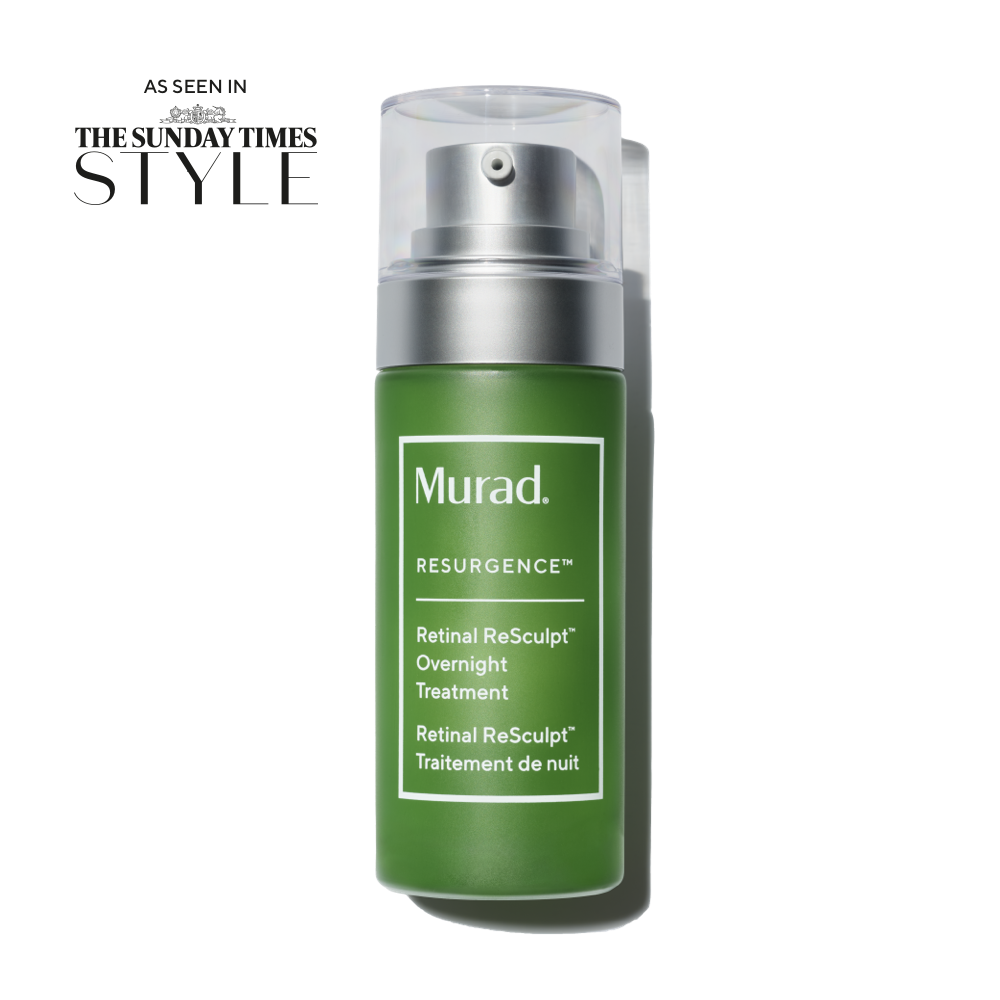
Retinal ReSculpt™ Overnight Treatment
Visibly lifts neck/jowl sagging, smooths deep-set wrinkles + crepey skin.
£105.00 | 30ML -
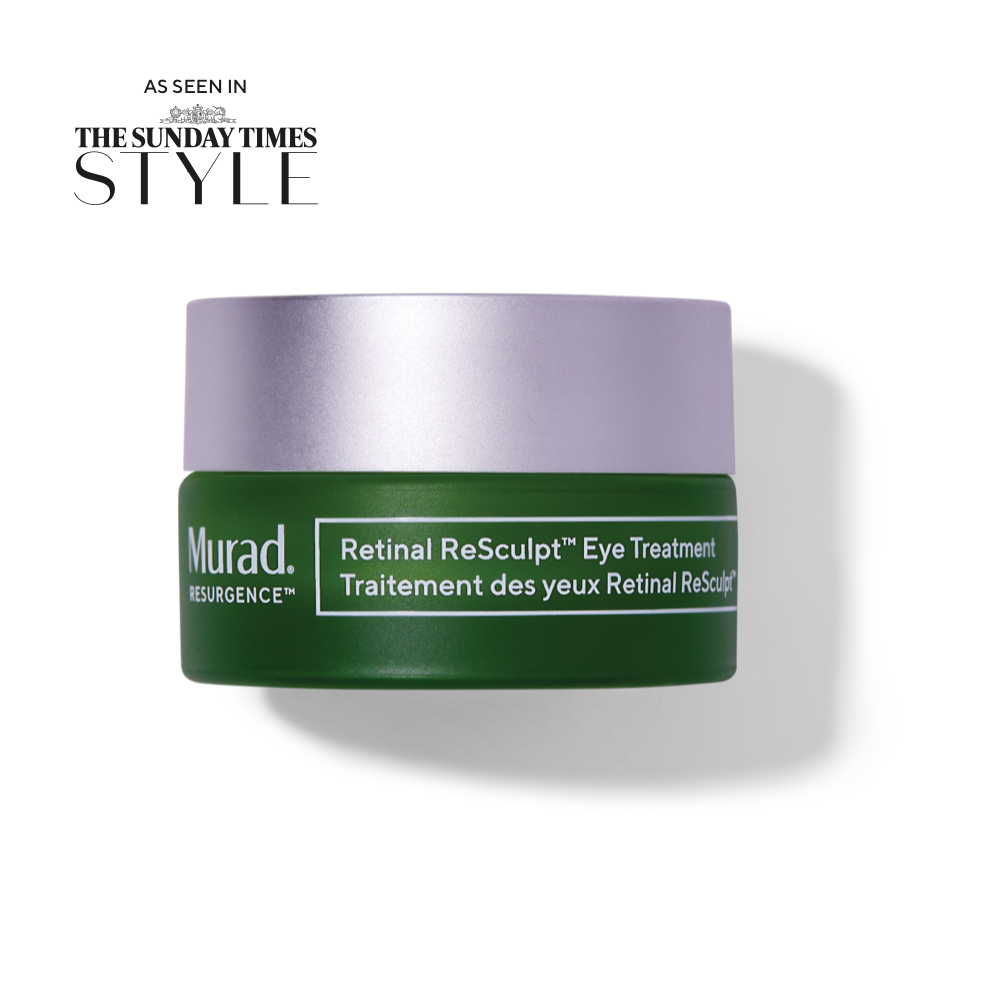
Retinal ReSculpt™ Eye Lift Treatment
Next-gen eye cream reduces the appearance of deep-set lines/wrinkles, visibly lifts and firms droopy, sagging lids and folds and restores elasticity.
£92.00 | 15ML -

Retinol Youth Renewal Serum
Whether you're seeing your first wrinkle or want the serious results of a retinoid without a doctor's visit, this fast-acting serum visibly improves key signs of ageing in just 2 weeks. Gentle enough for nightly use.
£92.00 | 30ML -
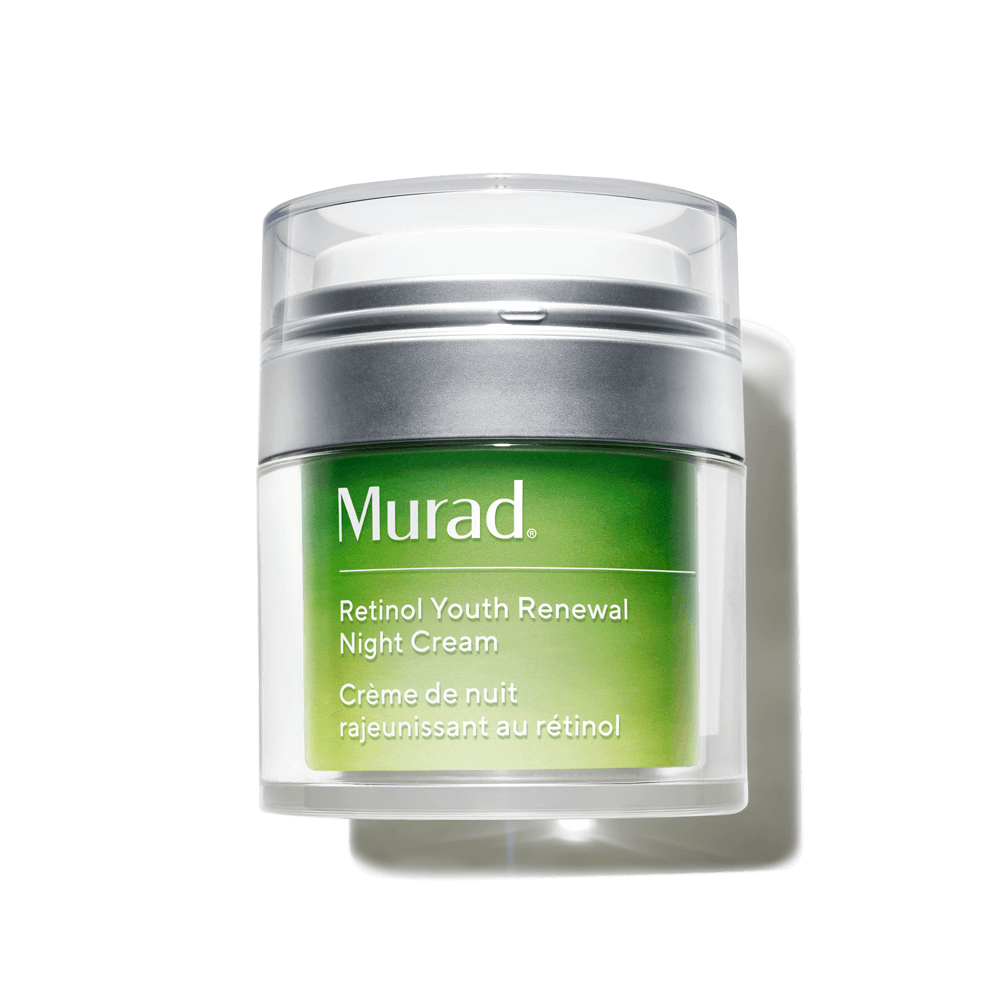
Retinol Youth Renewal Night Cream
Improves the look of wrinkles while intensely hydrating.
£85.00 | 50ML
